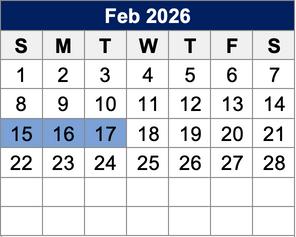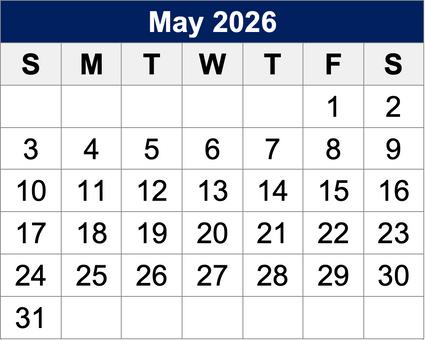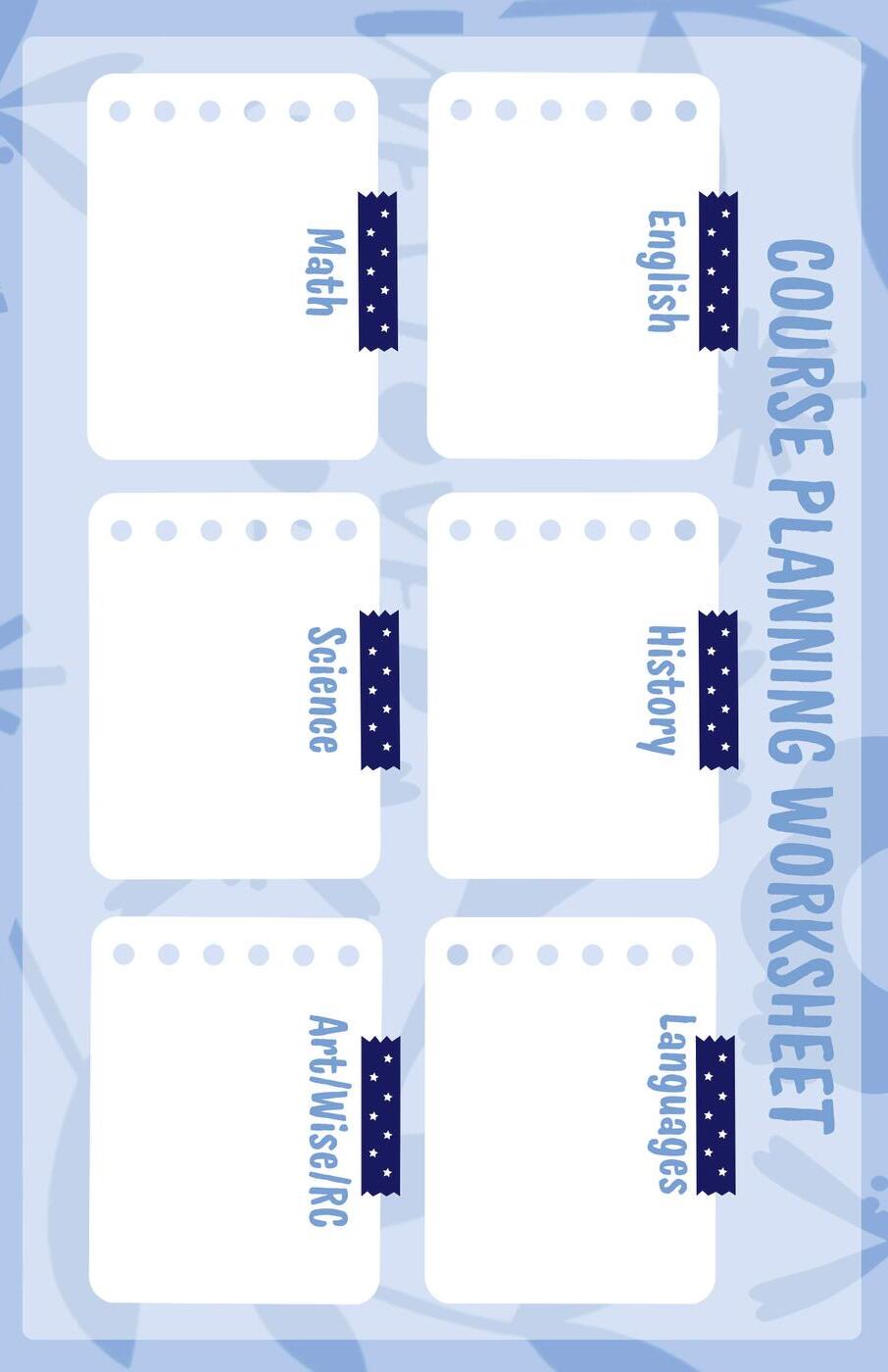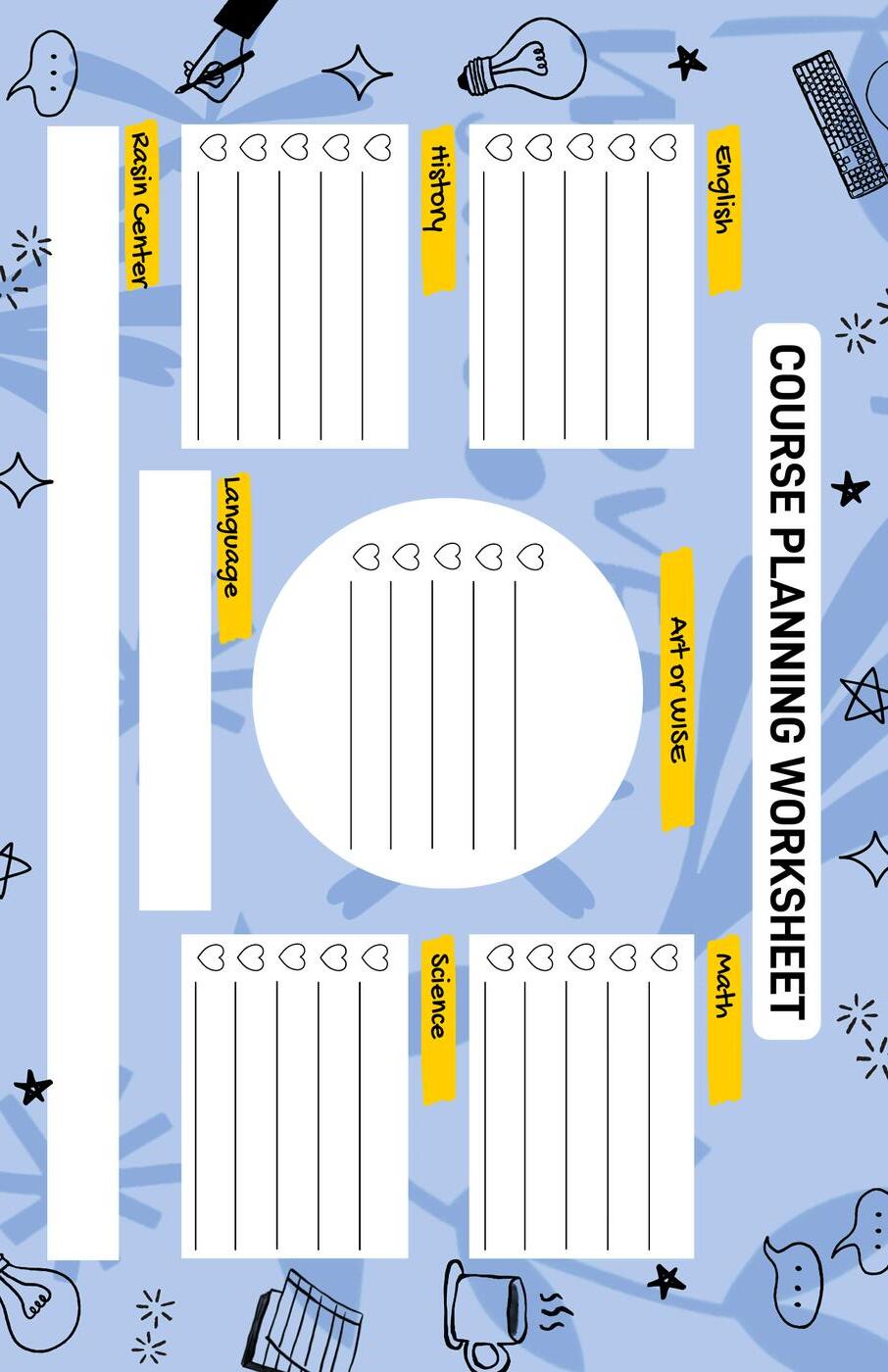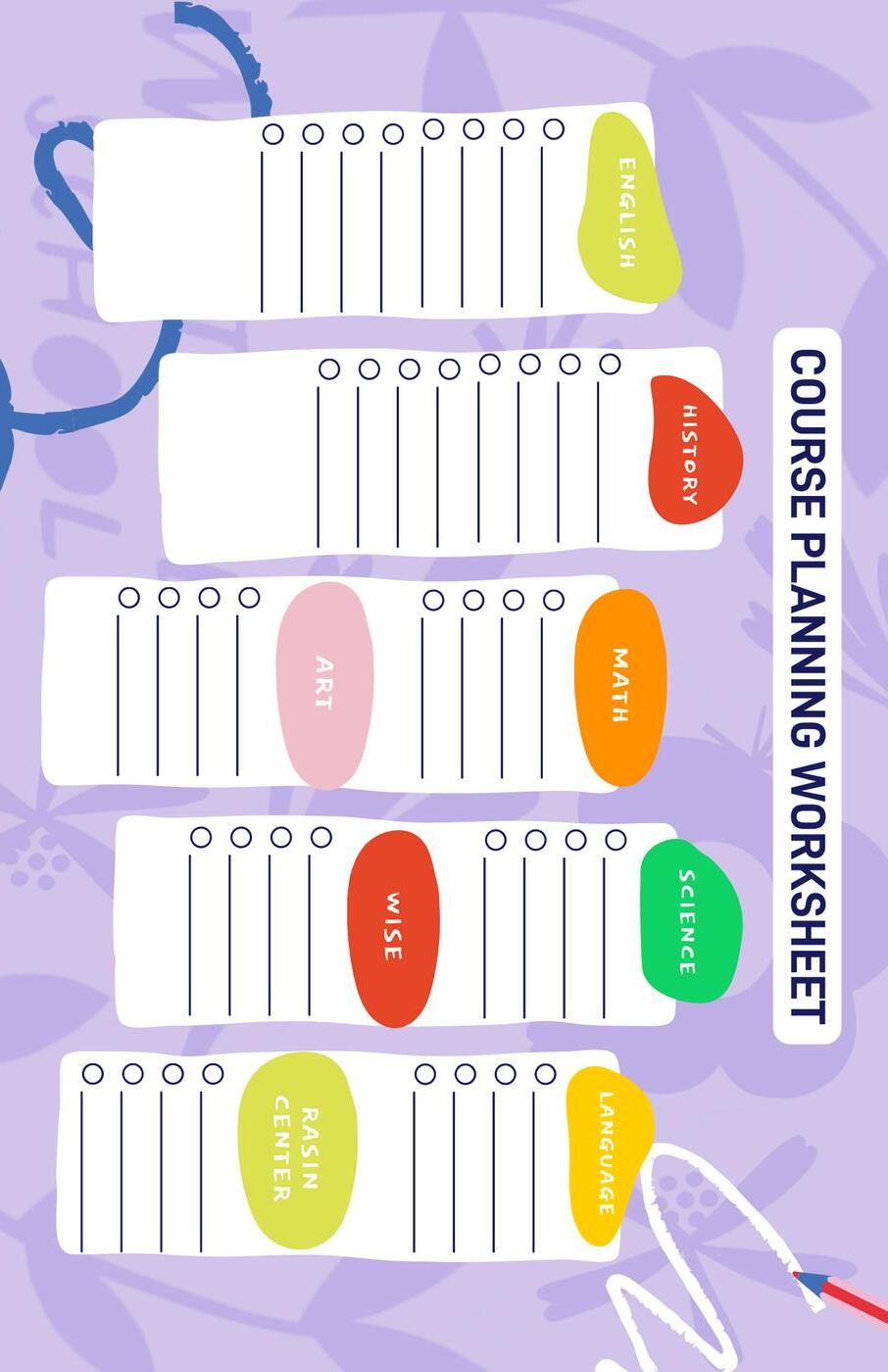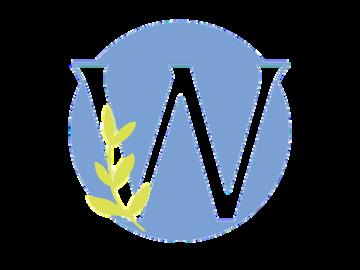
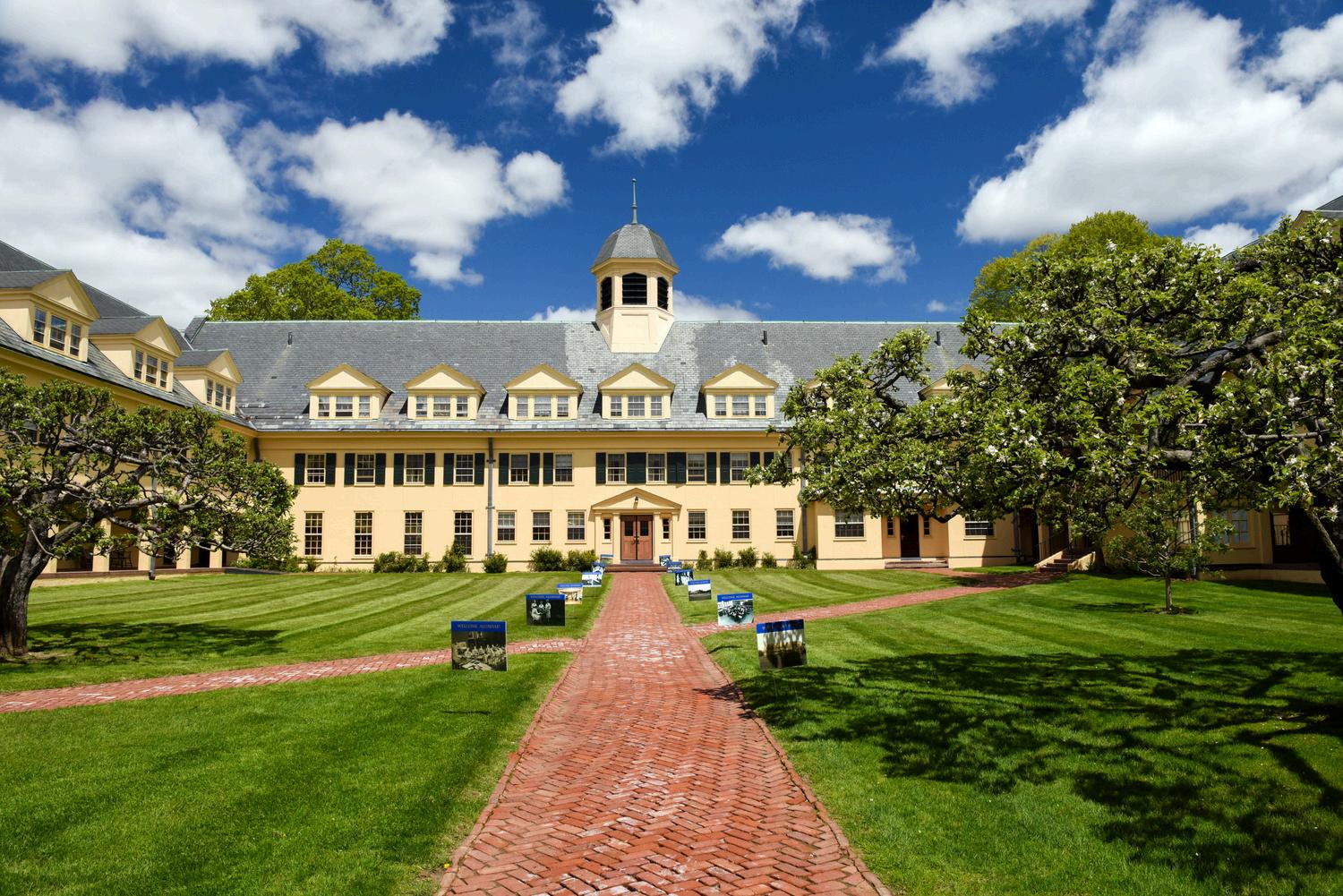



BE SEEN. BE KNOWN. BE BOLDLY YOU. 2025 / 2026
We approach our academic philosophy through three main pillars of engagement:
Neuroscience-Informed Pedagogy & Empowerment of Young Women
Building an Inclusive, Health-Focused Learning Environment
Promoting a Global Perspective, Technology, & Women Centered Mentorship
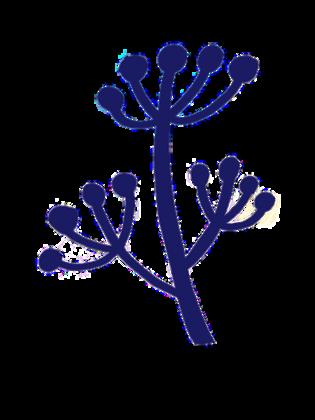
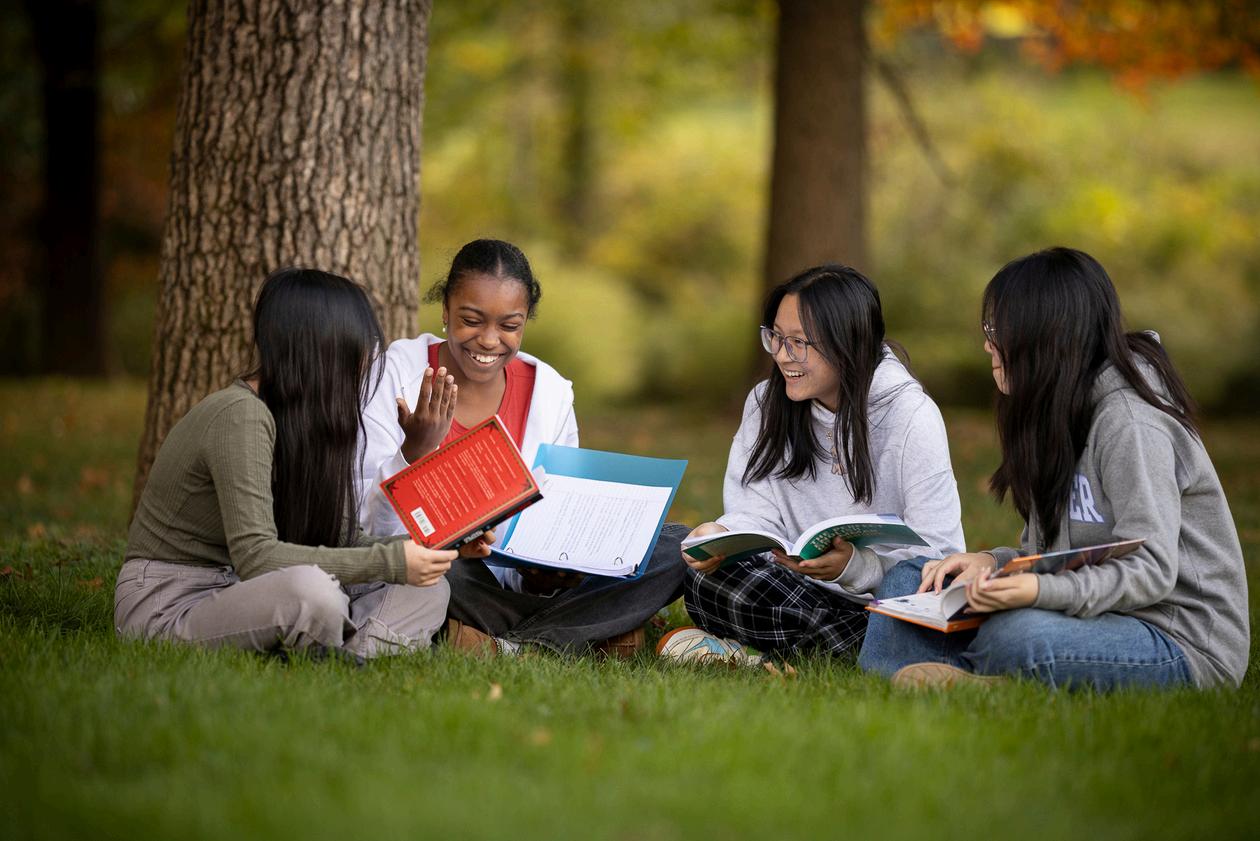
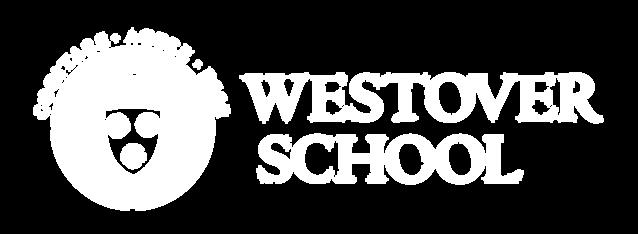
Westover is an independent college preparatory boarding and day school for young women in grades 9 - 12 Founded in 1909, Westover is located halfway between New York City and Boston Westover empowers young women to lead lives of consequence GRADING
Westover grades on a letter scale with a 4 0 GPA conversion, Dbeing passing and B and above being considered an honors grade A minimum of 60 (D-) is required to meet graduation requirements
Westover is accredited by New England Association of Schools and Colleges and by the State of Connecticut
Westover offers the following Signature Programs:
WISE: Women in Science and Engineering
FIRE: Financial Independence, Readiness, and Empowerment
SOMSI: Sonja Osborn Museum Studies Internship
The Westover Institute
A Certificate of Performance Emphasis is given in recognition of students who have completed significant work in dance, theatre, or music
A student must complete a minimum of 18 credits and must complete their senior year in attendance at Westover to receive a Westover diploma
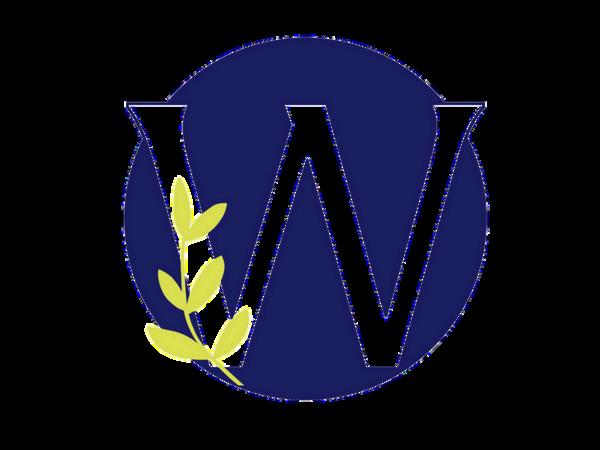
The information provided in this curriculum guide is subject to change and may be updated periodically to reflect new academic policies, course offerings, or graduation requirements. While we strive for accuracy, the school reserves the right to modify course descriptions, prerequisites, and availability as needed. Students and families are encouraged to consult with the Academic Office and review official school communications for the most current information.

COURSE LISTINGS
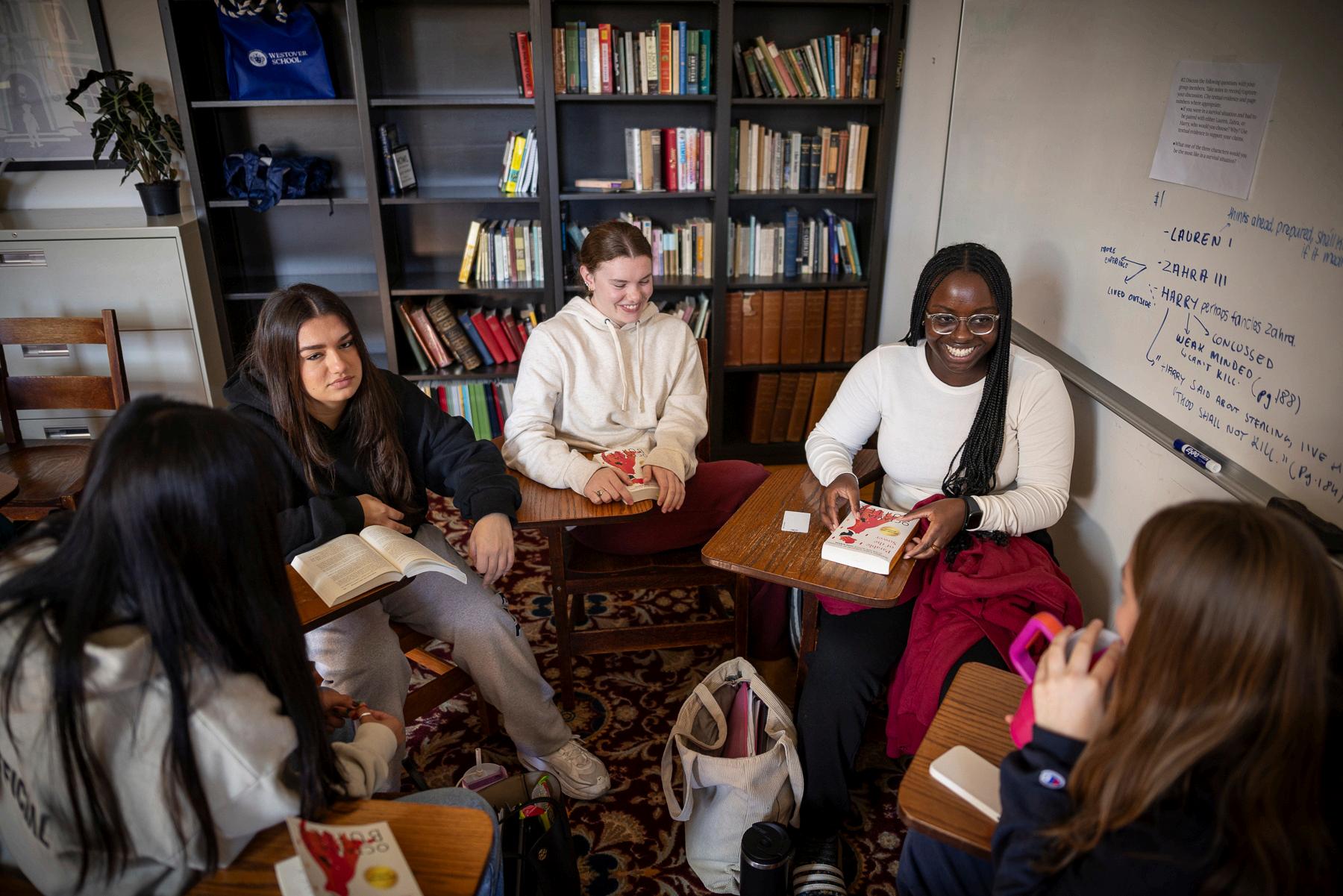
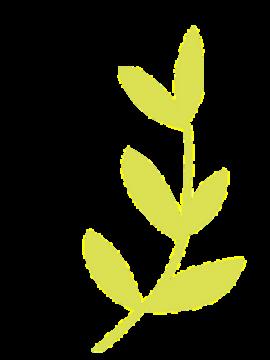
This course serves as an introduction to close reading, critical thinking, and concise writing. English I students begin to explore authorial craft and the processes by which language becomes literature. Moreover, the course encourages and facilitates active participation through daily preparation, annotation, discussion, and regular engagement with peers. Emphasizing skills-driven learning, expository and creative writing assignments serve to teach students to develop unified paragraphs that develop robust analytical claims supported by rich textual evidence. Full Year | 1 Credit

English II is designed to solidify student skills in critical reading and writing as we explore the interrelated themes of friends, neighbors, and strangers, looking at the ways that identities are shaped and changed in relation to communities of inclusion and exclusion. Over the course of the year we will be reading from a selection of poetry, Julie Otsuka’s The Buddha in the Attic, Sandra Cisneros’ The House on Mango Street, Jacqueline Woodson’s Red at the Bone, and Sophocles' Antigone. We will have occasion to work on reading both creative and analytical as we solidify skills in paragraph writing. Full Year | 1 Credit
While serving as intensive, year-long exploration of complex literary texts, this course focuses on reading, analyzing, and writing about various genres of literature (fiction, poetry, drama) from various time periods. Students will devote themselves to the study of literary works written in or translated into English Careful reading and critical analysis will provide rich opportunities to develop an appreciation of ways literature reflects and comments on a range of experiences, institutions, and social structures. Students will learn to consider a work’s structure, style, and themes, as well as its use of figurative language, imagery, and symbolism. Students must be prepared for longer reading assignments, frequent timed and untimed writing assignments, and regular written work that will include expository, analytical, and argumentative essays. Lastly, students in this course are encouraged to take the Advanced Placement exam; the cost of the exam is approximately $100. Full Year | 1 Credit | Open to 12th grade students who have successfully completed work in the electives in their junior year | Must have at least an A- in their spring semester elective course | A recommendation from their current teacher and a writing sample are also required.
Why do some of the most compelling stories center on characters wrestling with inner turmoil and the weight of the world? In this course, we will analyze literature that features protagonists grappling with dissatisfaction, alienation, and existential dread. The course blends classic and more-recent literature to examine how different eras have expressed angst, from Shakespearean tragedy to modern-day fiction. Through close reading, engaged discussion, and critical analysis of texts, we will unpack how personal struggles intersect with societal expectations, identity, and relationships. We'll examine questions these works provoke, such as: What does it mean to live authentically? How do we navigate the transition from adolescence to adulthood? And how do our inner conflicts shape our views of the world? Fall Semester | 0.5 Credit
Was King Arthur real? Why does it matter, and to whom? When it comes to Arthurian legends, “reality” may not be black-and-white. After all, these stories are as old as – if not older than – the English language itself. Students in this course will study how the myths began, how they have grown and changed, and why people have cared about them for over 1,500 years. Along the way, there will be lots of magic, monsters, and adventures for everyone! Readings may include selections from Welsh mythology, the Latin chronicles of Geoffrey of Monmouth, the French romances of Chrétien de Troyes, the English tragedies of Sir Thomas Malory, the Victorian poems of Lord Tennyson, and the 20th century novels of T.H. White and Marion Zimmer Bradley, as well as films like Excalibur (1981) and Monty Python and the Holy Grail (1975). The class teaches close reading, deep thinking, collaborative discussion, and clear writing. Fall Semester | 0.5 Credit
What do poems and films have in common? A focus on the image. Early filmmakers like Sergei Eisenstein were influenced by lyric poetry in devising film techniques like the cut and the montage to create emotional responses in viewers. Likewise, poets soon began to look to film especially experimental, non-narrative work as inspiration for radical juxtapositions of imagery and experiments in form. In this class we will explore a range of poems and films from the early days of cinema up through contemporary video works in order to gain a deeper understanding and appreciation of the parallel histories of poetry and film and to consider formal parallels between montage and metaphor. Students will hone their skills of analysis of poetry and film, write their own poems, and create a short video poem. Fall Semester | 0.5 Credit
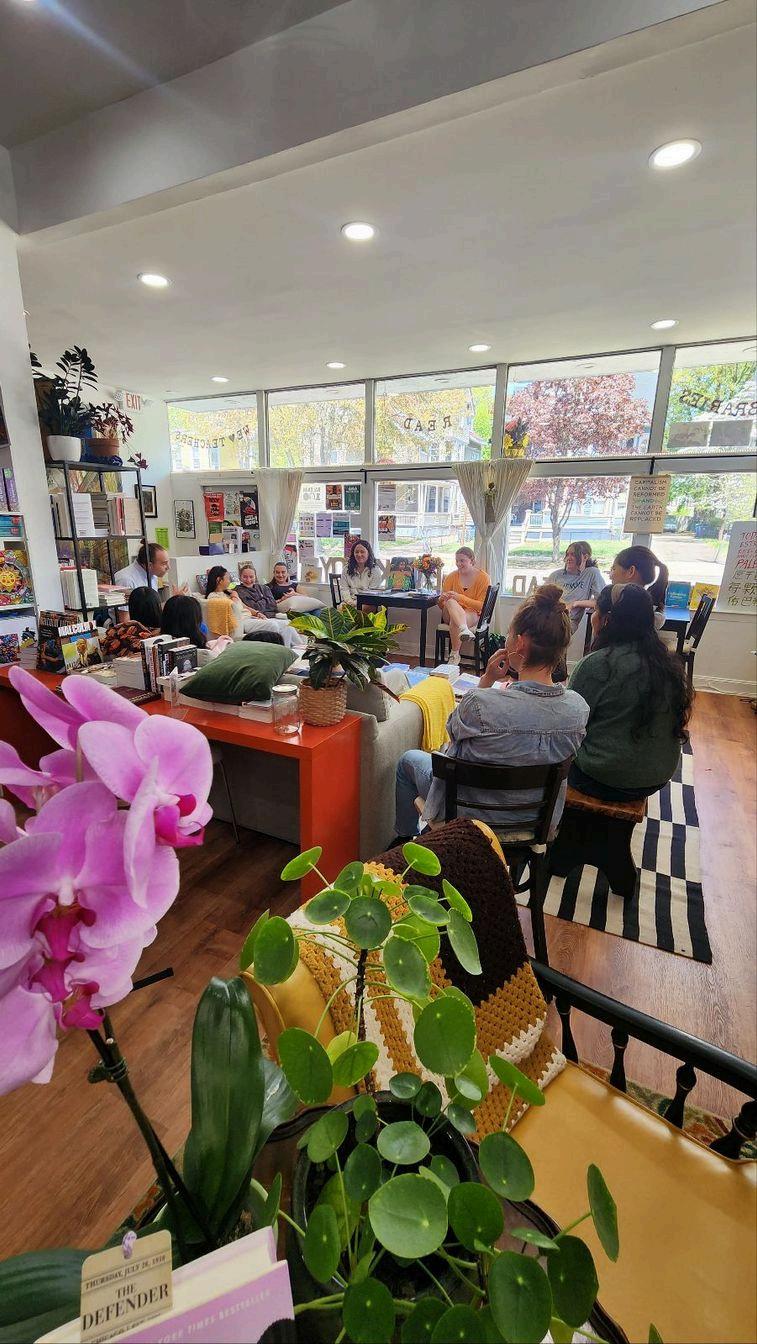
Jean-Paul Sartre is supposed to have said, "Everything has been figured out, except how to live.” Writers and thinkers across cultures and contexts have ceaselessly explored this question of how we are to live, and this elective course invites you to do the same through an interdisciplinary mix of philosophy and literature. Texts will include novels by Leo Tolstoy, James Baldwin, Toni Morrison, and Shusaku Endo, supplemented with selections from existentialist philosophers like Sartre, Simone de Beauvoir, and Martin Buber. Be prepared to engage in deep reading, lively discussion, and reflective writing as we explore themes of freedom, relationality, responsibility, and the search for meaning. This course is ideal for those who enjoy intellectual inquiry, personal reflection, and compelling stories that grapple with profound ideas. Spring Semester | 0.5 Credit
Monsters, or at least stories about them, are found in all human cultures that do or ever have existed, leading China Miéville to write that “the history of all hither-to existing societies is the history of monsters.” The modern, industrial world is no different, though our technology allows us to tell those stories in a radically new way: movies! This class samples just a few of the nearly limitless number of movie monsters that have confronted us on the silver screen. Students will learn the basics of film studies and have the chance to study the practical effects by which impossible creatures have been brought to shocking, cinematic life. Moreover, students will think about why humanity is so fascinated with monstrosity, and learn ways to make meaning out of monstrous forms. Films screened in this class may include King Kong (1933), Godzilla (1954), Jaws (1975), The Thing (1982), Jurassic Park (1993), and Ginger Snaps (2000). The class teaches attentive viewing, deep thinking, collaborative discussion, and clear writing. Spring Semester | 0.5 Credit
Women in Literature explores the questions, tensions, and preoccupations of literary heroines and their creators. Through a variety of genres, the course concentrates on themes relevant to women's experiences and takes into consideration the intersections of identities that inform how all kinds of women move through the world Students will engage in close reading, analytical writing, and discussion to deepen their understanding of the ways literature reflects and critiques gendered experiences. Spring Semester | 0.5
Credit
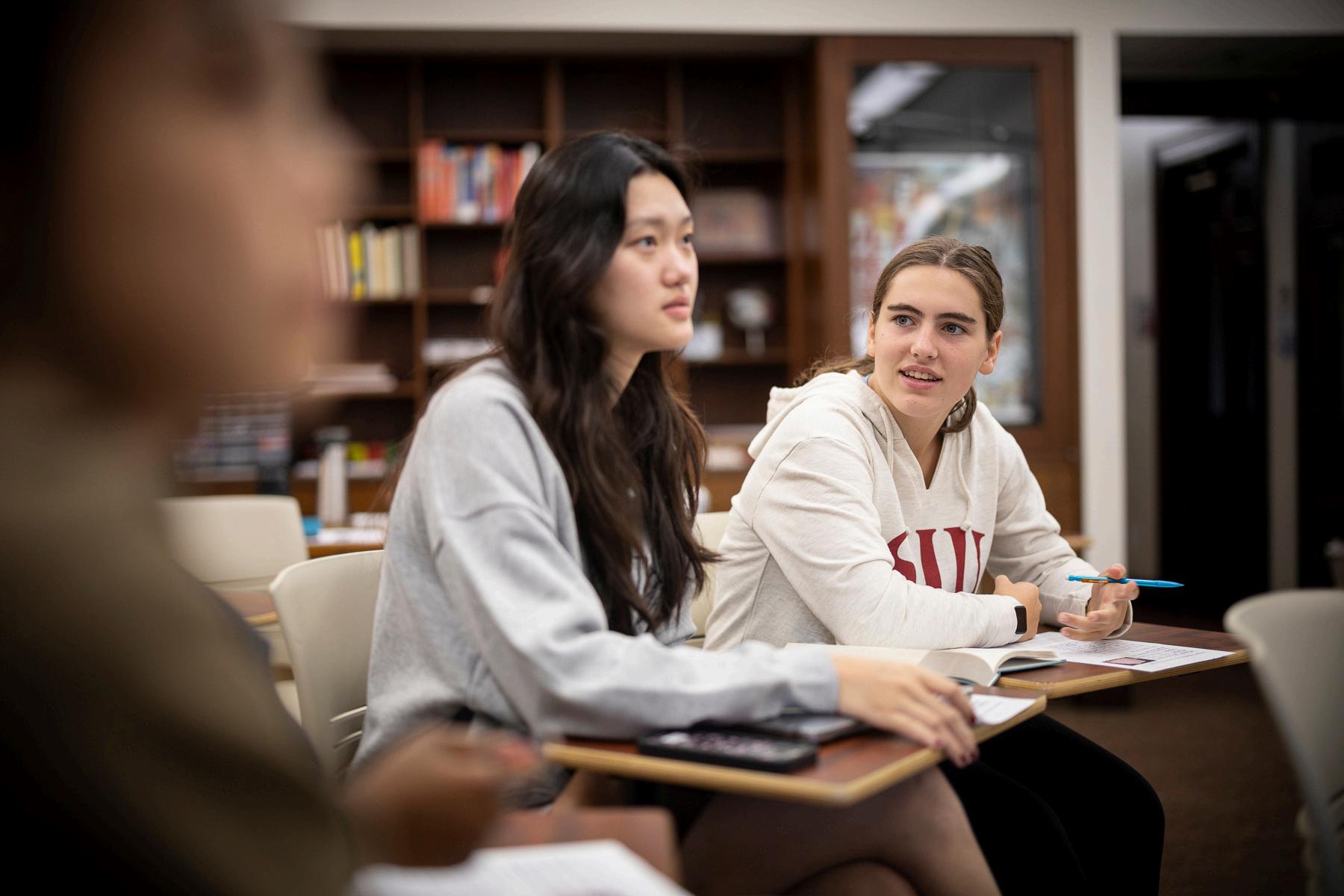
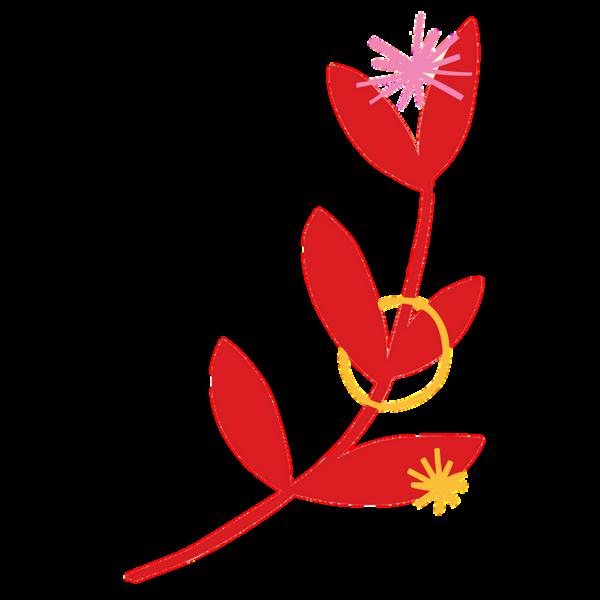
This introductory course welcomes all students new to Westover by showing them every kid is a “History kid” and that thinking like a historian has benefits in every discipline as well as in day-to-day life. This unit-based course will provide students with a sampling of a wide array of historical fields, histories tied to other classes and programs at Westover, and an exploration of scale from the hyper-local– including histories of Westover!– to the global. Students will learn about the Iranian Revolution and the Nigerian Civil War, complementing novels read in English I They will also explore the school’s Vision for Belonging and Justice while getting to know each other through the practice of oral history; examine how social movements start and learn about the power of community ties; and delve into a student-driven project on the history of their chosen subject, discipline, or activity from the perspective of an overlooked historical figure. Argumentation, writing, and communication skills will be central, as will research and study skills. Full Year | 1 Credit

This required course invites students to explore the themes and histories of our interconnected world through case studies and student-driven projects, focusing on how collective learning and global interactions have shaped human history. The course begins when humans first began interacting on a global scale, around the year 1500, and includes units on the Columbian Exchange, Enlightenment Revolutions, genocides and international responses, and decolonization movements. Students will develop historical thinking skills by analyzing primary and secondary sources, constructing evidence-based arguments, engaging in projects tailored to their interests, and participating in collaborative activities. They will also refine their skills in argumentation, writing, and communication while increasing their familiarity with global geography and applying critical thinking to understand complex historical and contemporary issues. This course will help students gain skills and historical knowledge that will aid them in navigating the complexities of the past, present, and future. Full Year | 1 Credit | Prerequisites: Historical Inquiry (or one year of high school history from previous school)
This course (or AP US History, see requirements in relevant course description) is the culminating course in the required sequence. It invites students to explore the themes and histories of the people of North America through a combination of chronological and thematic inquiry. Course units examine essential questions related to the tensions in American history between promises of inclusion and patterns of exclusion; the rights of individuals and attempts to create social order; anti-imperial foundations and expansionist tendencies; and the defined structures of government and the more complex realities of government’s operations. Building on work in earlier courses, students will continue developing historical thinking skills by analyzing primary and secondary sources, constructing evidence-based arguments, engaging in projects tailored to their interests, and participating in collaborative activities They will also continue refining their skills in argumentation, writing, and communication while increasing their familiarity with different types of evidence and applying critical thinking to understand complex historical and contemporary issues. This course will help students gain skills and historical knowledge that will aid them in navigating the complexities of the past, present, and future while also refining their understanding of their positionality in America. Full Year | 1 Credit | Prerequisites: Historical Inquiry (or other 9th grade history course from previous school), World History
This full-year, intensive course which can meet the US History requirement for eligible students surveys and analyzes significant events and issues in U.S. history from precolonial civilizations through the present day. Students will be expected to undertake a college-level workload as they continue developing their analytical reading, writing, and argumentation skills while deepening their understanding of major themes in America’s social, political, economic, and cultural history. They will work extensively with primary sources and scholarly texts. Students in this course are required to take the Advanced Placement exam; the cost of the exam is approximately $100. Full Year | 1 Credit | Open to 11th and 12th grade students only | Returning students must have earned an A in Historical Inquiry (Accelerated) or most recent History elective, or an A- in another History AP. New students must pass an entrance assessment.
AP Comparative Government and Politics is a full-year introductory college-level course. The course uses a comparative approach to examine the political structures; policies; and political, economic, and social challenges of six selected countries: China, Iran, Mexico, Nigeria, Russia, and the United Kingdom. Students cultivate their understanding of comparative government and politics through analysis of data and text-based sources as they explore topics like power and authority, legitimacy and stability, democratization, internal and external forces, and methods of political analysis. Students in this course are required to take the Advanced Placement exam in May, 2026; the cost of the exam is approximately $100. Full Year | 1 Credit | Open to rising juniors and seniors with A- or above in their most recent history course or B or higher in AP U.S. History
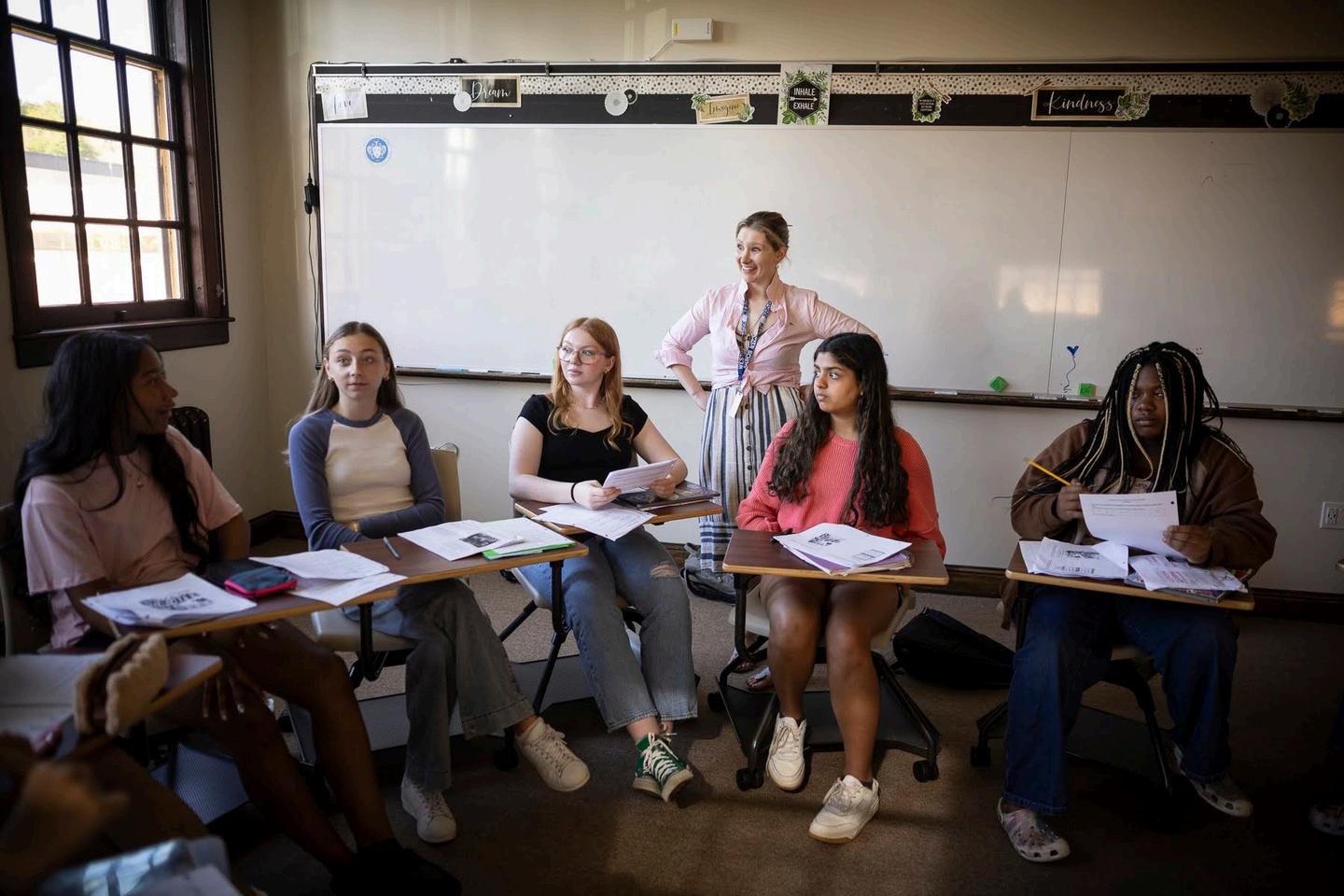
NOTE: The following History electives are not a replacement for the required sequence (Historical Inquiry, World, U.S. History)
This class addresses our changing news media landscape and how it came to be. Students will learn foundational concepts in media theory, and apply them across a combination of case studies and individual problem-based learning projects. Students will investigate the history of various topics by delving into a specific historical event as it was reported in its own time and comparing it to how it is reflected upon today. In identifying similarities and differences, students will begin asking questions about the creation of knowledge and stories. All of this will build their media literacy, analytical prowess, and critical thinking skills. Building on the foundation of the required History courses, will interrogate primary and secondary sources, construct evidence-based arguments, engage in projects tailored to their interests, and participate in collaborative activities. They will also refine their skills in argumentation, writing, and communication. Semester Long | 0.5 Credit
This course surveys the experiences of women in the United States from the colonial period to the present. Unit topics will explore how gender ideologies shaped cultural interaction in the “New World,” the limits of the American Revolution and constitutional system of government with regard to women, and the roles of women activists in advancing American democratic ideals throughout the 19th and 20th centuries. Students will see familiar topics in new ways as they employing methods of gender analysis. Through guided inquiry and independent research, students will also learn the unique methodology of women’s history, thinking critically about what kinds of historical sources best illuminate the experiences of marginalized or disenfranchised groups. This course adapts the “Women & The American Story” curriculum developed by the New York Historical Society and aligns with student interest in examining more diverse perspectives in history. Semester Long | 0.5 Credit
This course will be a combination of psychology, sociology, and ethnography as we develop knowledge of how American social structures have functioned in the past, how they've changed in the 21st century, and how we can strengthen communities in our current social climate You'll be reading John Medina's "Brain Rules" to learn how the human brain responds to social environments while also reading case studies and theories from Peter Block and Robert Putnam. This course will also develop skills that you need to become a confident leader in your community. The course's major component will be a real-time study into something you’d like to change in the Westover community and how to cultivate that change in real-time with research, evidence, and courage! Semester Long | 0.5 Credit
The following courses will not be offered during the 2025-26 academic year but are part of our rotating curriculum and will be available in future years. These courses run on an alternating schedule to provide a diverse range of learning opportunities while maintaining a balanced course selection each year While they are listed below, full course descriptions of the courses below are not included in this guide. Please consult with the academic office or department heads for more information on future availability.
Archival Studies
Film and Social Change
Human Geography: Population Dynamics
AP Human Geography
International Issues
Recent US History (1980-present)
Sociology
AP U.S. Government and Politics
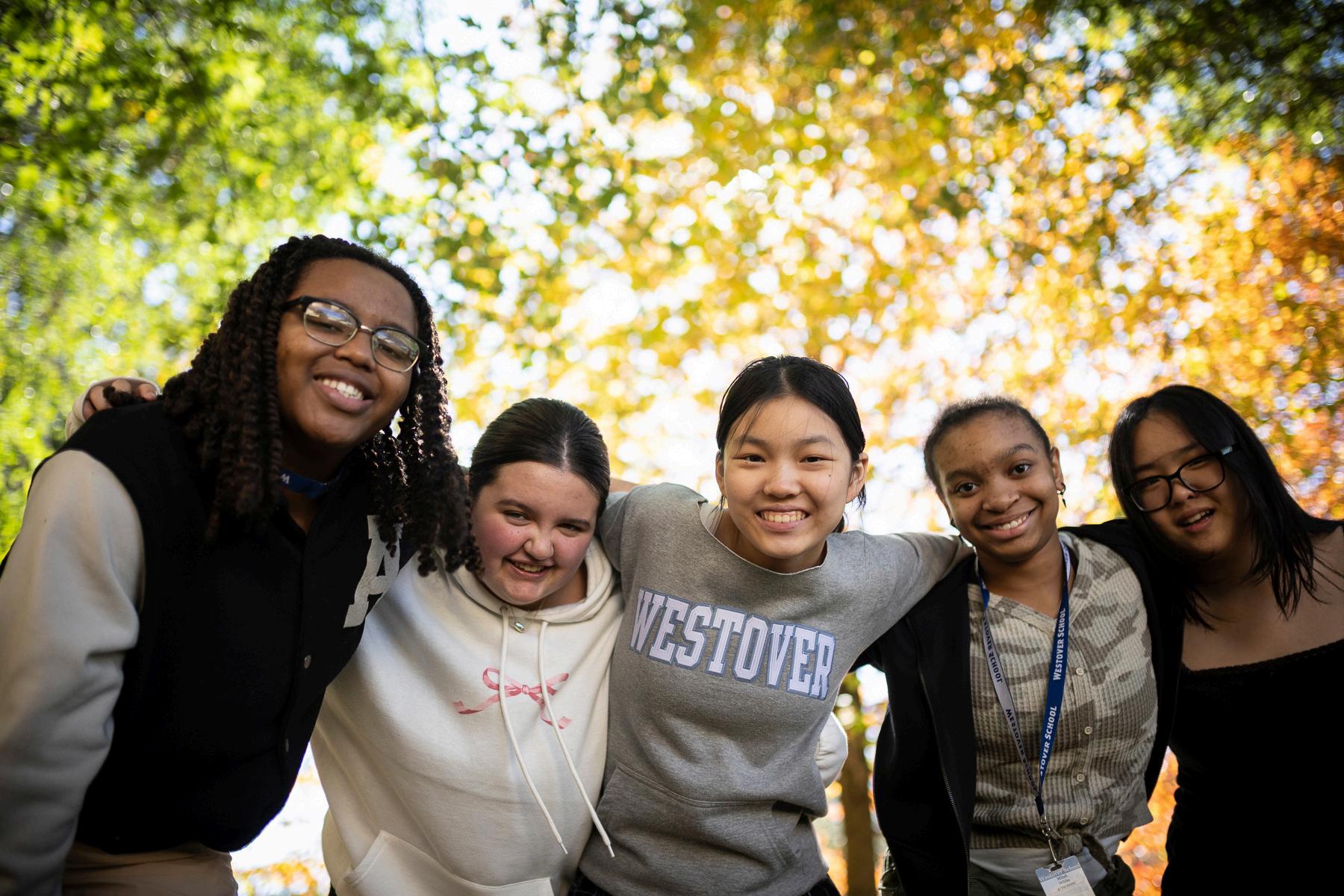
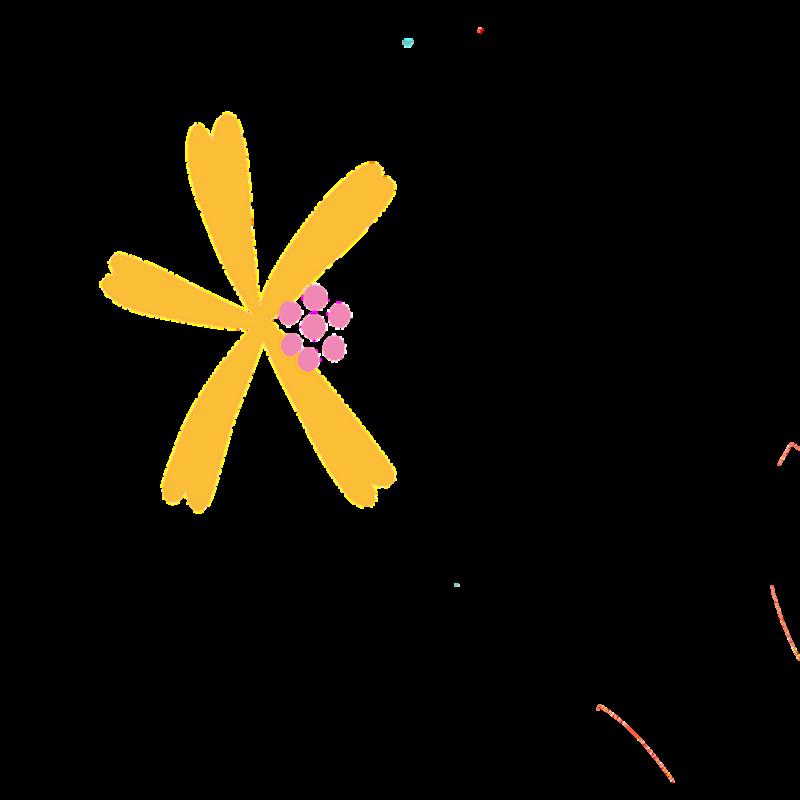
In this introductory course, students will learn the basic communicative functions as well as the basic structures of the French language. Grammar lessons will be reinforced with photos and images, skits, and physical response exercises. Students will also be exposed to cultural aspects of the French-speaking world through songs, video excerpts, and short articles. Classes are conducted in French. Full Year | 1 Credit
NOTE: Each native English speaker is required to successfully complete Westover’s third-level course in one of the offered languages in order to graduate
Students will continue to develop grammatical and speaking skills in this second year course, with an increased emphasis on writing. Some basic grammatical lessons will be supplemented with more advanced material according to the needs and interests of the class.
Students will experience French culture through songs, skits, film and use of the Internet. Active participation in class discussions and exercises is essential. Classes are conducted in French. Full Year | 1 Credit | Prerequisite: French I
Students will continue to hone skills in grammar, speaking, and listening in this third-year course, with an increased emphasis on developing advanced reading and writing skills As in previous courses, students will be expected to apply these skills in communicative activities in the classroom. Basic grammar lessons will be supplemented with images and videos, skits, and use of the Internet. Students will be exposed to culture through short stories, periodical articles, and films, thus improving their vocabulary and reading comprehension skills. This class will be taught solely in French. Active participation is essential. Full Year | 1 Credit | Prerequisite: French II
This course is designed for students eager to deepen their understanding of Francophone cultures while enhancing their speaking and writing skills. Through the exploration of various Francophone films, students will develop a greater appreciation for the Francophone world. The course will include a comprehensive analysis of "Le Petit Prince" by Saint Exupéry, both from a literary perspective and through its film adaptation. Students will also have the chance to explore stories from diverse African nations. We will gain a thorough insight into the lives of young people in France and the Francophone world through songs, news articles, and videos. If you're curious and motivated to expand your knowledge of the Francophone world, this class is perfect for you! Fall Semester and/or Spring Semester | 0.5
Credits per semester | Prerequisite: French III
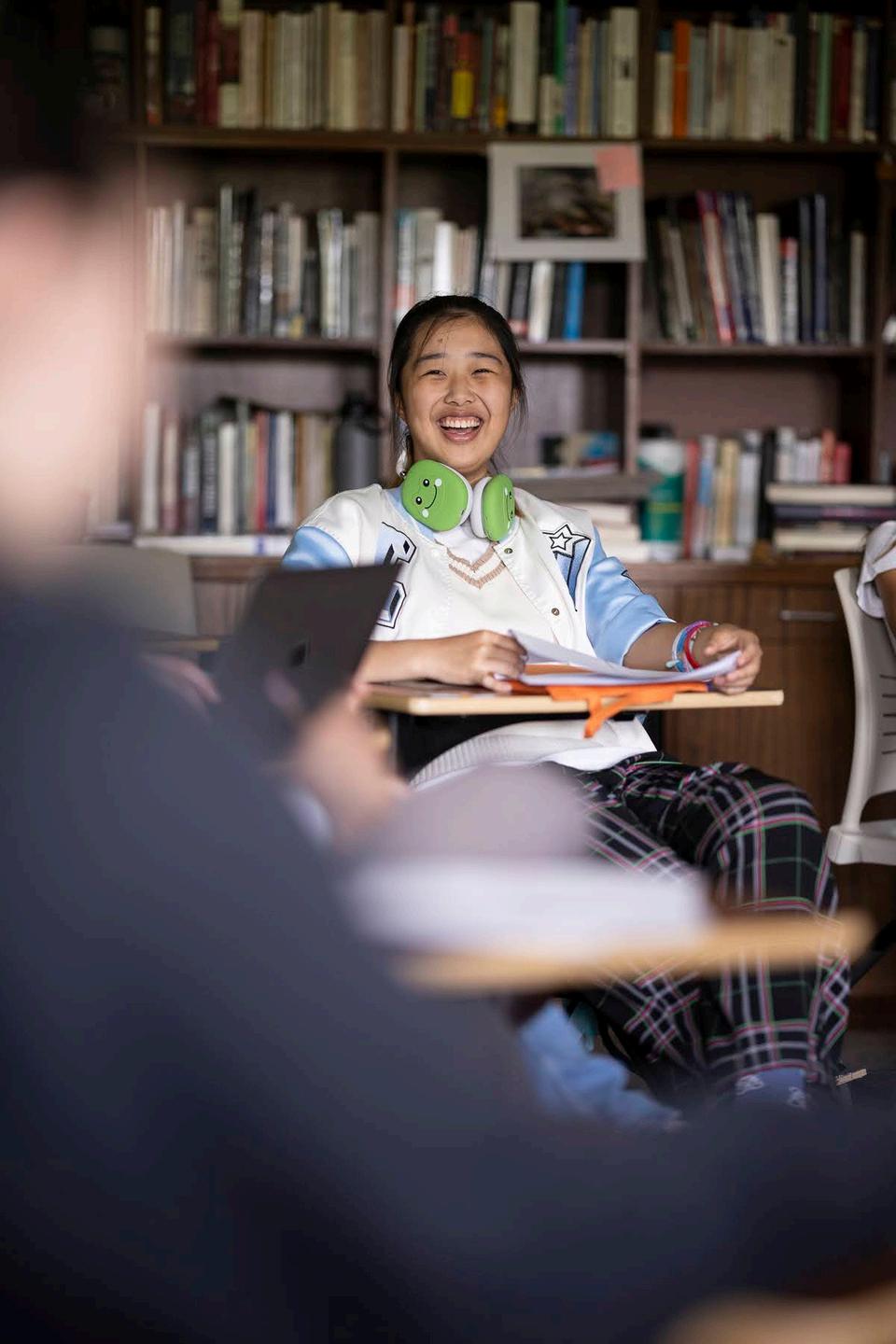
After reviewing the material learned in Latin I, students continue the study of Latin vocabulary, grammar, and syntax. As the readings become more complex, the stories become richer and more vibrant. As in Latin I, students will pay steady attention to the Latin origins of English words, as well as to the structural differences between the two languages, as a way of developing a deeper understanding and appreciation of both. Continued exploration of the historical and cultural context of our readings will broaden students’ awareness of the connections between those contexts and our own. Full Year | 1
Credit | Prerequisite: Latin I
This course, structured as two distinct units which may vary from year to year, provides an opportunity for students to explore topics and genres in a focused and in-depth manner. In the 2025-2026 school year, the topics will be Latin Prose Composition and Love & Hatred in Ancient Rome. In the fall semester course, Latin Prose Composition, students will, after continuing textbook work, expand and apply their knowledge of Latin grammar, syntax, and vocabulary to write original pieces of Latin prose. In the spring semester course, Love & Hatred in Ancient Rome, students will read the poetry of Catullus and Ovid. Through the study of these elegiac poets, students will gain an appreciation for the timeless struggle between these two emotions. Full Year | 1 Credit | Prerequisite: Latin II
In his Aeneid, Virgil tells a story that, in many ways, runs parallel to Homer’s Odyssey, following a Trojan refugee rather than a Greek war hero and ending with an immigrant founding a city in a foreign land, rather than the homecoming found in Homer’s work. The titular character, Aeneas, overcomes many trials and tribulations in his journey. In this course, students will likewise familiarize themselves with the struggle of translating Latin poetry into readable English while also trying to preserve its original charm. The course will begin with a brief review of basic Latin grammar, followed by an in-depth study of more complex syntax, structures, and poetic meter. Fall Semester | 0.5 Credit | Prerequisite: Latin III
While many think of Latin as an elegant, sophisticated language, the Romans also had a sharp-witted edge, and this edge becomes apparent when one reads their satires. In this course, we will read a selection of biting satires from Juvenal, Horace, and Martial and consider the ways in which they lampoon the objects of their ire. By studying satire, students will expand their understanding of the Roman view of topics such as urban versus rural living conditions, immigration, foreign nations, and the meaning of life. A brief review of basic Latin grammar will be followed by an in-depth study of more complex syntax and structures. Spring Semester | 0.5 Credit | Prerequisite: Latin III
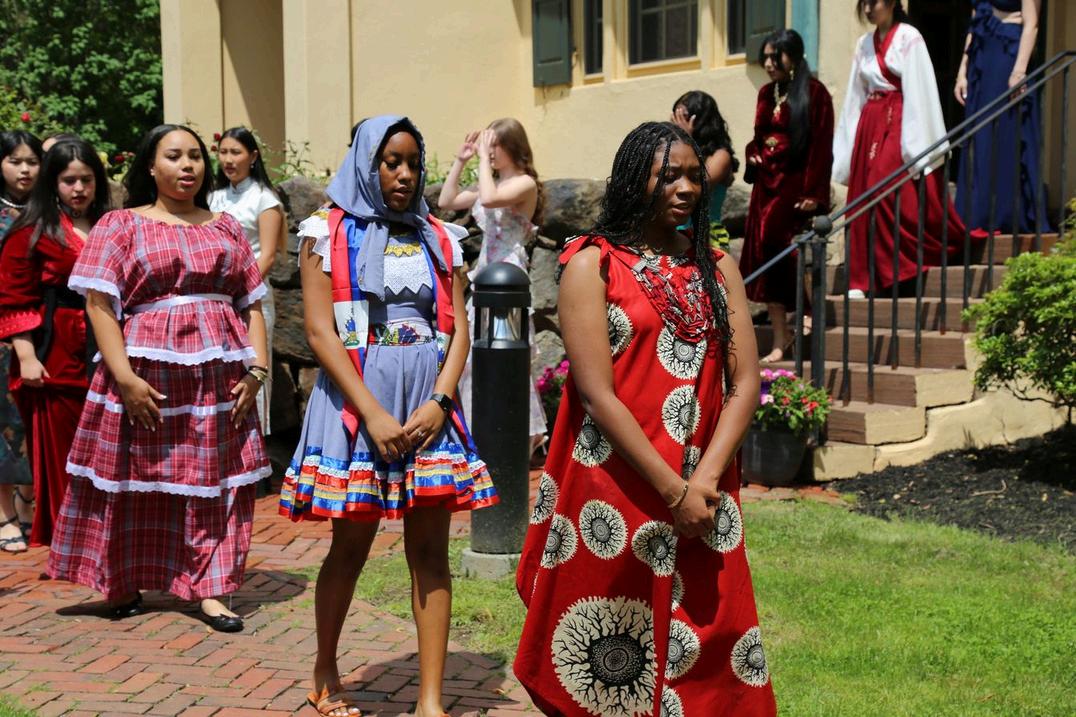
Students will expand their vocabulary and language concepts. They will increase their listening comprehension and be able to read short passages more fully. Each lesson introduces new vocabulary and grammar concepts, with listening comprehension, cultural readings, and writing activities reinforcing vocabulary and concepts. Students are further exposed to Spanish-speaking culture through all materials and resources. Classes are conducted primarily in Spanish. Full Year | 1 Credit | Prerequisite: Spanish I
This course extends the study of basic patterns, concentrating on the more complex aspects of Spanish grammar and expanding vocabulary. The focus is on the continued improvement of comprehending spoken and written material and augmenting speaking and writing skills. Students practice their listening and speaking skills by interacting with their instructor and classmates through varied activities. The complexity of the readings gradually increases over the year. Various websites are introduced to aid students in their preparation and study outside of class. As the year progresses, increased emphasis is placed on the student's proficiency in speaking Spanish. Classes are conducted in Spanish.
This course is designed for students who wish to strengthen their Spanish skills and gain proficiency in communication. Students will acquire new vocabulary and review grammar in context through readings, films, and other authentic resources. Cultural topics from the Spanish-speaking world will be explored to enhance understanding and engagement, fostering connections between language, culture, and global perspectives. Students will complete presentations and projects that demonstrate their language abilities in creative and practical ways. Classes are conducted in Spanish, and active participation in discussions is a key component of the course. Fall Semester and/or Spring Semester | 0.5
Credits per semester | Prerequisite: Spanish III
Similar to Spanish III, this course extends the study of basic patterns, concentrating on the more complex aspects of Spanish grammar. Concepts are covered in depth and reinforced by various discussion-based activities. Literary and cultural readings are used for class discussion and writing assignments, allowing students to consolidate their knowledge through the active use of the language. The course also offers increased exposure to Hispanic history and culture through films and Internet resources. As the year progresses, increased emphasis is placed on oral proficiency. Classes are conducted in Spanish. Full Year | 1 Credit | Prerequisite: Spanish II and permission of the Language Department
Building on prior study of the Spanish language and associated cultures, this upper-level course aims to provide a thorough review of all grammar structures, an expansion of vocabulary, a general insight into Spanish literature, and an increased proficiency in communicating and understanding Spanish. Various projects will be assigned throughout the year to enhance students' confidence and comfort in Spanish. All students will be expected to use Spanish in this course. Classes are conducted entirely in Spanish. Full Year | 1 Credit | Prerequisite: Spanish III or Honors III and permission of the Language Department
Language and Culture is an intensive course in which new students will hone their listening, speaking, reading, and writing skills in English so that they may be able to participate as fully as possible in their academic courses and in every other aspect of Westover life. The course will provide the basis for an in-depth study of reviewing and introducing grammar, vocabulary, idioms, pronunciation, and aspects of U S culture through novels, music, videos, short stories, articles, and discussion. Students will be taught to develop confidence and competence in natural conversation through role-play and activities. Careful attention will be paid to individual students and their specific needs. The support and instruction from Language and Culture will enable students to be as engaged as possible in their other classes, including their written work and class discussions. Our program aims to prepare students for active participation in the Westover community, as well as providing a successful transition to living and learning while in the United States. Full Year | 1 Credit | Taken concurrently with English I
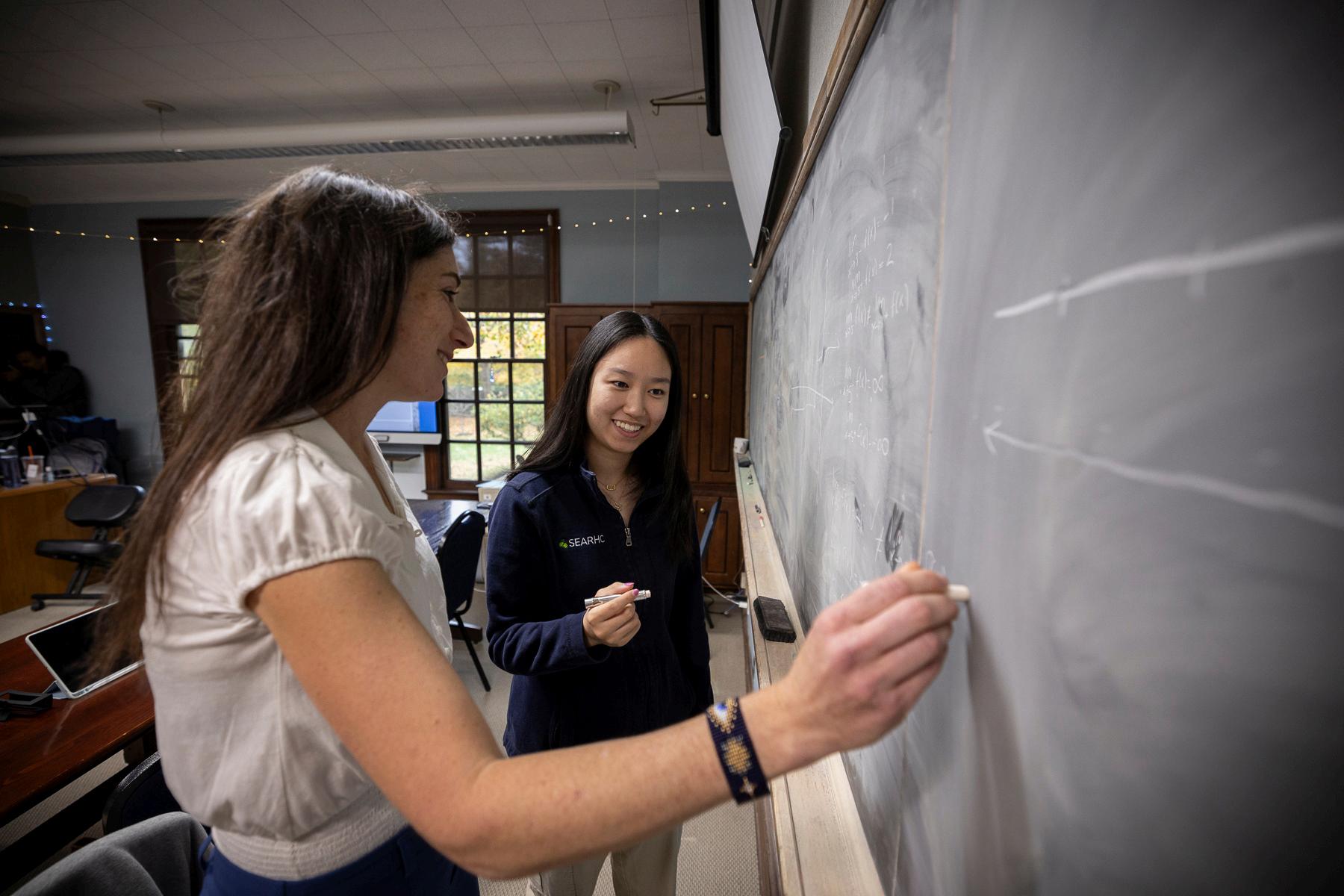
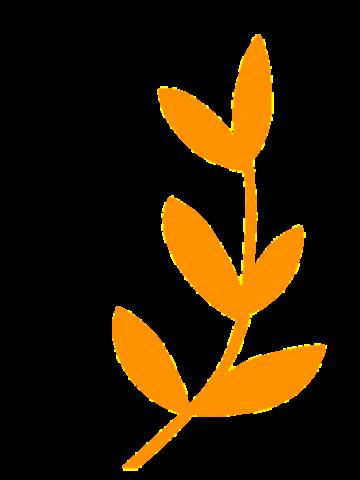
Note: All mathematics courses are year long, one credit courses
Algebra I gives students a foundation for all future mathematics courses. Students are introduced to solving equations, solving inequalities, functions, linear functions, systems of equations and inequalities, exponents and exponential functions, polynomials and factoring, quadratic functions and equations, radical expressions and equations.
This course covers all the major topics included in a typical Geometry class while extending the student’s algebra skills with an intensive review that is integrated throughout the year. Students completing this course will advance to either Algebra II or Honors Algebra II. Prerequisites: Algebra I and/or Department Placement
This course covers all the major topics included in a typical honors level Geometry class while extending the student’s grasp of algebra by solving challenging exercises throughout the year. Students completing this course will advance to either Algebra II or Honors Algebra II. The Honors track will encounter more challenging problem sets and move at an accelerated pace. Department assignment after first midterm grading Period
A course in algebra which leads towards Pre-Calculus. Topics covered include: variations and graphs, linear relations, systems of equations, inequalities, powers, roots, parabolas and quadratic equations, polynomial and rational functions, logarithms, introductory trigonometry, matrices, and sequences and series. Reading and problem solving are emphasized, and real-life situations are used to motivate algebraic ideas throughout this course. Prerequisites: Algebra I and Geometry
A course in algebra that covers standard second year algebraic topics at an accelerated pace. In addition, advanced topics of algebra are studied and an introduction to precalculus and functional trigonometry is given. Prerequisites: Algebra I, Geometry or Honors Geometry
is a practical and interactive course designed to equip students with the knowledge and skills needed to make informed financial decisions throughout their lives. The course covers essential topics such as budgeting, saving, banking, credit management, investing, insurance, taxes, and financial goal-setting. Students will learn how to evaluate financial risks, develop responsible spending habits, and plan for major life expenses such as education, housing, and retirement. Through real-world applications, case studies, and hands-on activities, students will gain the confidence to navigate financial challenges and build a strong financial future. This course emphasizes critical thinking, problem-solving, and personal responsibility in financial decisionmaking.Prerequisite: Algebra II | This class may not be taken concurrently with another math course
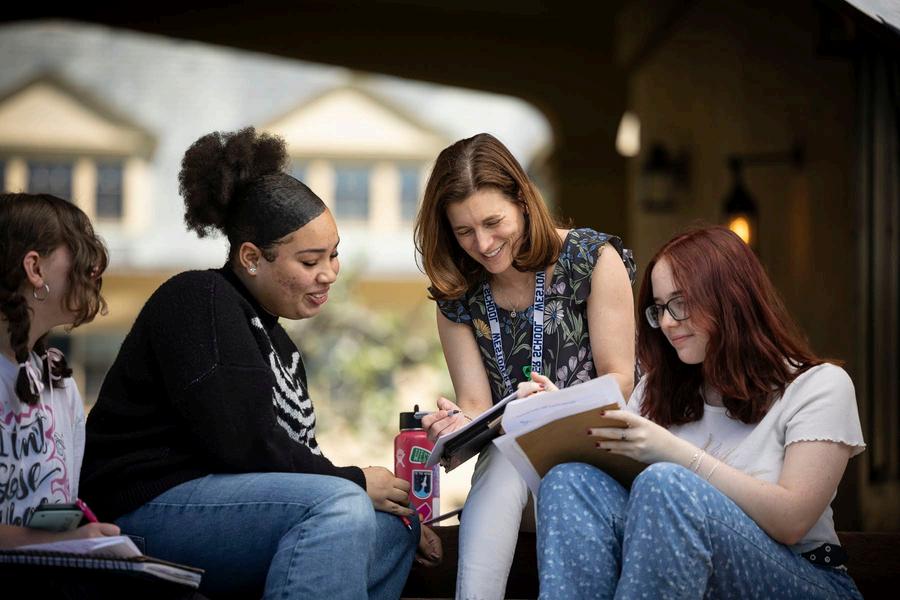
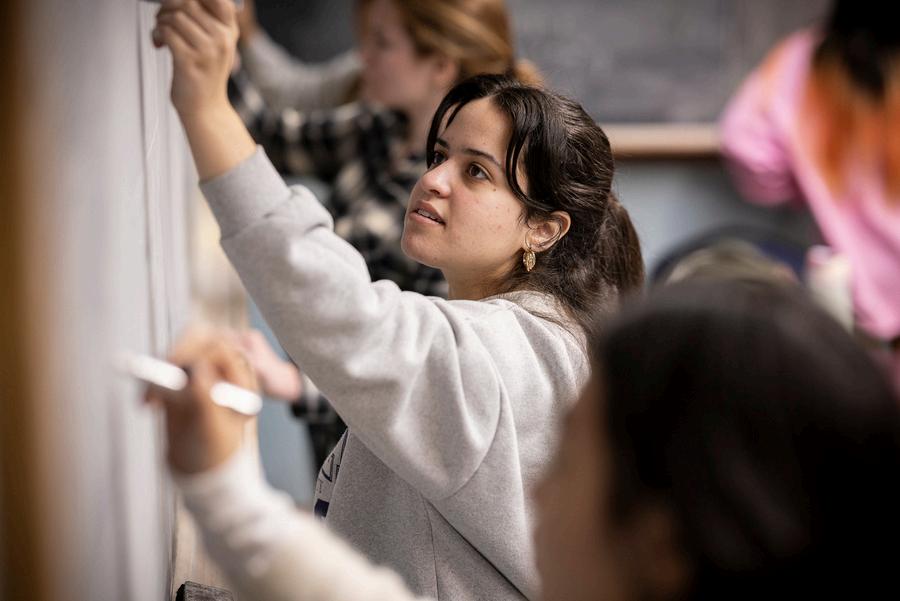
The Honors Algebra 2 Accelerated course is a challenging and fast-paced program designed for highly motivated and mathematically talented students. This course provides an indepth exploration of advanced algebraic concepts while emphasizing critical thinking, problem-solving, and analytical reasoning. Students will engage with a wide array of topics, including advanced linear and quadratic functions, polynomial functions, rational expressions, exponential and logarithmic functions, complex numbers, and systems of equations. The curriculum includes trigonometric functions, matrices, and determinants. Concepts are covered at an accelerated pace and with greater depth than the Honors Algebra 2
This course reviews all elementary functions and introduces advanced properties of specific functions essential to calculus. Special attention is given to the study of: polynomial, trigonometric, exponential and logarithmic functions, graphing techniques, and complex numbers. Prerequisites: Honors Algebra II, Algebra II or permission of the department
The course begins with an introduction into mastering the ability of reading a math textbook in conjunction with a study of topics in probability and statistics. The course continues with an intensive study of polynomial, rational, exponential, logarithmic, and trigonometric functions, graphs, and proofs. The concept of derivative is introduced through limits. This course requires students to solve problems algebraically and to use their graphing calculators to analyze problem situations both graphically and numerically. Prerequisites: Honors Algebra II, Algebra II or permission of the department
A full year course which leads towards study in AP® Calculus BC. It covers trigonometry and all precalculus topics, and includes an introduction to calculus. It is assumed that students in this course will be able to move at a faster pace and that they will take AP® Calculus BC at Westover in the following year. Prerequisites:Honors Algebra II and permission of the department
A course in algebra that covers standard second year algebraic topics at an accelerated pace. In addition, advanced topics of algebra are studied and an introduction to precalculus and functional trigonometry is given. Prerequisites: Pre-Calculus
A full year course designed to represent first semester college-level calculus, including the theory of limits, as well as differentiation and integration. Emphasis is placed on a multi representational approach to calculus, with concepts, results, and problems being expressed geometrically, numerically, analytically, and verbally. This course has one additional class meeting per week. Students in this course are required to take the Advanced Placement exam; the cost of the exam is approximately $100.
Prerequisites:Honors Pre-Calculus
A full year course designed to represent second semester college-level calculus. Emphasis is placed on a multi-representational approach to calculus, with concepts, results, and problems being expressed, numerically, analytically, and verbally. Topics beyond the scope of AP® Calculus AB are explored. Students may take this course as a sequel to AP® Calculus AB or after taking Honors Pre-Calculus Plus Calculus. Because the A, B, and C syllabi for calculus will be covered, the pace of this course is extremely fast, and the course has one additional class meeting per week. Students in this course are required to take the Advanced Placement exam; the cost of the exam is approximately $100. Prerequisites: Honors Pre-Calculus Plus Calculus or AB Calculus
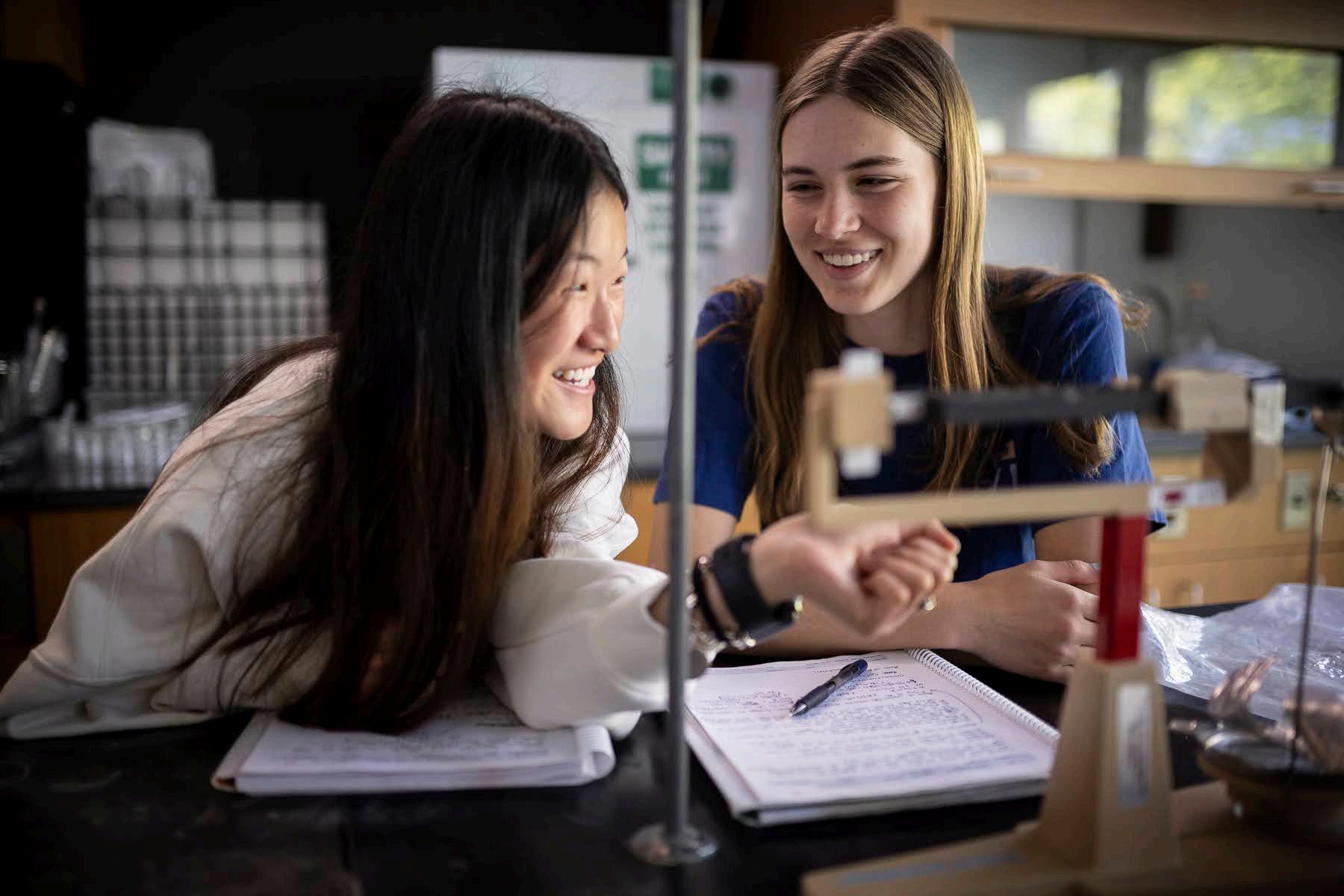

NOTE: To satisfy graduation requirements, each student must complete one full-year of biological science and one full-year of physical science.
An introduction to the study of life, tracing its evolution from organic molecules through single-celled organisms to more complex plant and animal forms and their interrelationships with their environment. The course emphasizes structure and functional adaptations to the pressures of survival found in diverse environments. Topics of current interest, such as infectious disease, genetic engineering, and environmental pollution are included in the curriculum. In the lab and in the field, quantitative and observational skills are developed alongside the important study skills and habits necessary for the developing independent learner. Full Year | 1 Credit
Chemistry is an introduction to the study of chemical systems. This course includes investigation of the structure of matter, organization of the periodic table, bonding, and nomenclature while providing a basis for performing chemical calculations and examining chemical reactions. This is followed by applications such as nuclear chemistry, gases, solutions, and acids and bases By being introduced to a diversity of relevant and current scientists and their works, students will learn the important roles chemistry plays in their lives as well as its effect on the environment around them. They will also put the scientific method into practice through regular laboratory experiments that are designed to reinforce principles taught in class and teach a variety of laboratory, experimental, and analytical techniques. Full Year | 1 Credit
An accelerated study of chemical systems. The structure and properties of atoms, the periodic table, and fundamental types of bonding are introduced early in the course and are followed by more detailed and specialized topics including: chemical reactions, the mole, stoichiometry, the behavior and properties of gases, solutions, thermochemistry, and environmental issues. Scientific problem solving is emphasized, both conceptually and mathematically. Frequent labs reinforce principles encountered in class and teach a variety of laboratory experimental and analytical skills. A number of the lab exercises are studentdesigned. Group lab work encourages collaboration, communication, and design-thinking skills Full Year | 1 Credit | Placement by biology teacher and/or department head.
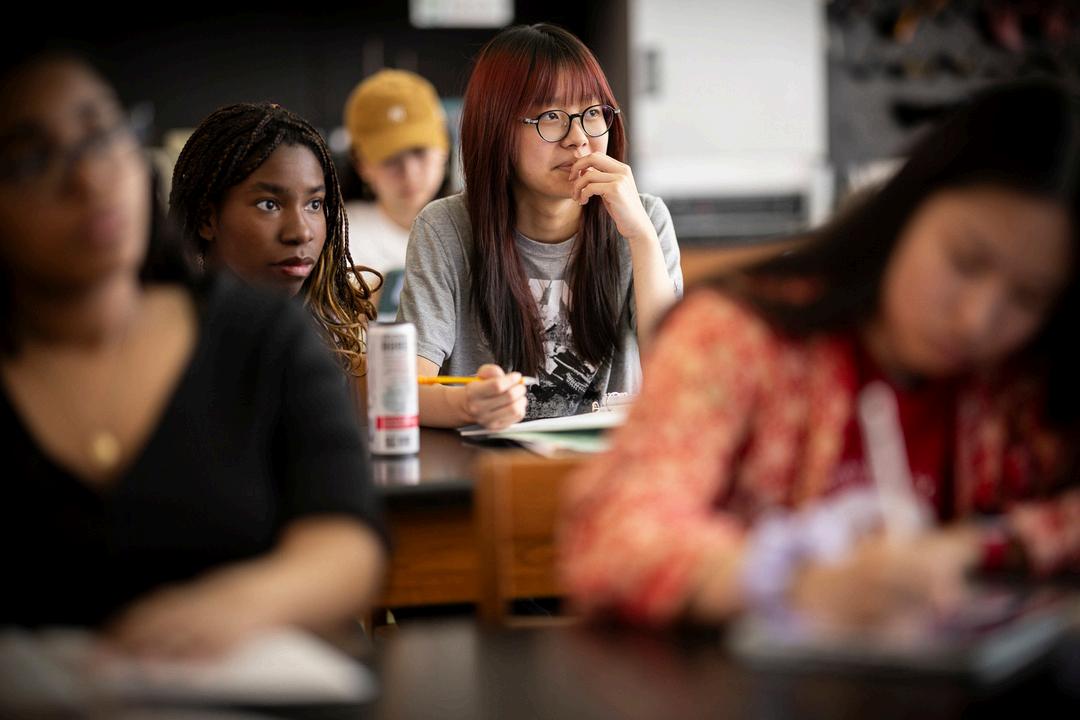
, gy, p p g p mechanics, wave mechanics, thermodynamics, electricity, magnetism, light and some aspects of modern physics including relativity and quantum mechanics. These concepts will be developed thoroughly through mathematical analysis Emphasis will also be placed on the historical development of scientific thought and on the impact which the study of physics has had on the way we see the world. Labs will explore and extend the concepts introduced in class. Full Year | 1 Credit | Concurrent Algebra II or higher preferred
It can be argued that responsible stewardship of our natural resources and ecosystems is both a cornerstone for sustainable and equitable societies and an ethical obligation for individuals. In this course we will examine individual and collective impacts on local, national and global environmental issues, as well as exploring possible solutions. We will use field work throughout our campus to examine topics in forestry, agriculture, energy use, and pollution. Students will develop their voice in environmental leadership to work towards positive change in our school community through the development, design, and implementation of a personal campus impact project. Full Year | 1 Credit | Prerequisites: Biology and Chemistry. Open to students who have NOT taken, or do NOT plan to take
A course designed for the highly motivated student with a special interest in biology. The course moves at a rigorous pace, building on the foundational knowledge established in a first year biology course. Reading from a college text, developing independent learning skills, and a strong emphasis on application of knowledge will demand serious attention and organization from the successful student. As in other AP courses, there may be one extra class meeting per week. Students in this course are required to take the Advanced Placement exam; the cost of the exam is approximately $100. Each topic of study will center around at least one of the following “Big Ideas” in biology:
Big Idea 1: The process of evolution drives the diversity and unity of life
Big Idea 2: Biological systems utilize free energy and molecular building blocks to grow, to reproduce and to maintain dynamic homeostasis
Big Idea 3: Living systems store, retrieve, transmit, and respond to information essential to live processes
Big Idea 4: Biological systems interact, and these systems and their interactions possess complex properties
Full Year | 1 Credit | Honors Chemistry (preferred) and/or Honors Physics and permission of the department
This course is designed for the highly-motivated science student with a special interest in chemistry and/or engineering. The course moves at a very rigorous pace. An emphasis on chemical calculations, the mathematical formulation of principles, and more complex laboratory experiments drawn from college texts differentiate this course from its prerequisite. One third of the experiments are inquiry-based labs. As in other AP courses, there will be one extra class meeting per week. Students in this course are required to take the Advanced Placement exam; the cost of the exam is approximately $100. Topics include:
The Structure of Matter, Chemical Reactions, Stoichiometry, Solutions, Thermochemistry, Periodicity, Bonding, Intermolecular Forces, Kinetics, Equilibrium, Thermodynamics, and Electrochemistry.
Full Year | 1 Credit | Honors Chemistry and permission of the department
This rigorous calculus-based physics course is designed to challenge students who intend to pursue the physical sciences or engineering at the college level. With a strong emphasis on mathematical problem-solving, students should approach this course as an applied mathematics class, using calculus to explore and solve physical problems. Topics covered include kinematics; Newton’s laws of motion; work, energy, and power; systems of particles and linear momentum; circular motion and rotation; and oscillations and gravitation. Laboratory work, written up using LaTeX, is integrated throughout the course to augment and enhance understanding of these topics. Students in this course are required to take the Advanced Placement exam; the cost of the exam is approximately $100. Full Year | 1 Credit | Prerequisites: Honors Physics, AP® Calculus (BC preferred) or taking it concurrently, and permission of the department.
Forensic science is defined as “the application of scientific principles and techniques to matters of criminal justice especially as relating to the collection, examination and analysis of physical evidence” to solve criminal cases. In this course, students will further develop their skills of scientific inquiry and observation through the combination of crime scene investigation and laboratory analysis. Considering the span of evidence involved in forensic science, this is an interdisciplinary course that will further draw upon students’ knowledge of biology, chemistry, physics, and geometry for their investigations. Laboratories will include collecting, analyzing and identifying evidence, such as fingerprints and hair, as well as using chemical reactions to detect substances, and communicating their findings. By the end of the course, students should have a better understanding of the field of forensic science, including its techniques, limitations and ethical considerations. Fall Semester | 0.5 Credit | At least one year of Biology or Chemistry.
Have you ever wondered what causes peppers to have various degrees of spiciness? Or why a change in a single ingredient can lead to a very different product? Cooking itself involves an assortment of chemical reactions in which your starting ingredients are transformed (usually!) into a desirable product. In this course, we will analyze a variety of chemical aspects involved with everyday food, tying in styles from around the world, and exploring the effects of those differences. These include the chemicals found in certain foods and chemical reactions food undergoes in a variety of cooking techniques. Students will continue to apply the principles of scientific inquiry in the lab as they investigate the properties of food components and their subsequent reactions through a combination of wet chemistry methods and food-based laboratories. Spring Semester | 0.5 Credit | At least one year of Biology AND Chemistry.
Discover how biotechnology is transforming our world and shaping the future of medicine, industry, engineering, agriculture, and environmental science. In this exciting course, you’ll delve into the exciting world of genetic engineering, cutting-edge drug production, and learn about innovative cures for diseases. Through hands-on lab work, you’ll master essential techniques such as DNA analysis, cloning, protein testing, bacterial transformation, and plant engineering. Learn how to work with microscopes, practice sterile techniques, and explore immunology and histology—all while applying real-world skills to solve complex challenges. Beyond the lab, you’ll explore the ethical and social implications of groundbreaking biotechnological advancements, learning how to analyze scientific breakthroughs with a critical and informed perspective. From transforming plants to curing diseases, this course equips you with the knowledge and skills to succeed in one of the most impactful fields of the 21st century. Whether you're dreaming of a future in medicine or research, this course is your first step into a world of innovation and possibility! Spring Semester | 0.5 Credit | At least one year of Biology AND Chemistry.
The following courses will not be offered during the 2025-26 academic year but are part of our rotating curriculum and will be available in future years These courses run on an alternating schedule to provide a diverse range of learning opportunities while maintaining a balanced course selection each year. While they are listed below, full course descriptions of the courses below are not included in this guide. Please consult with the academic office or department heads for more information on future availability.
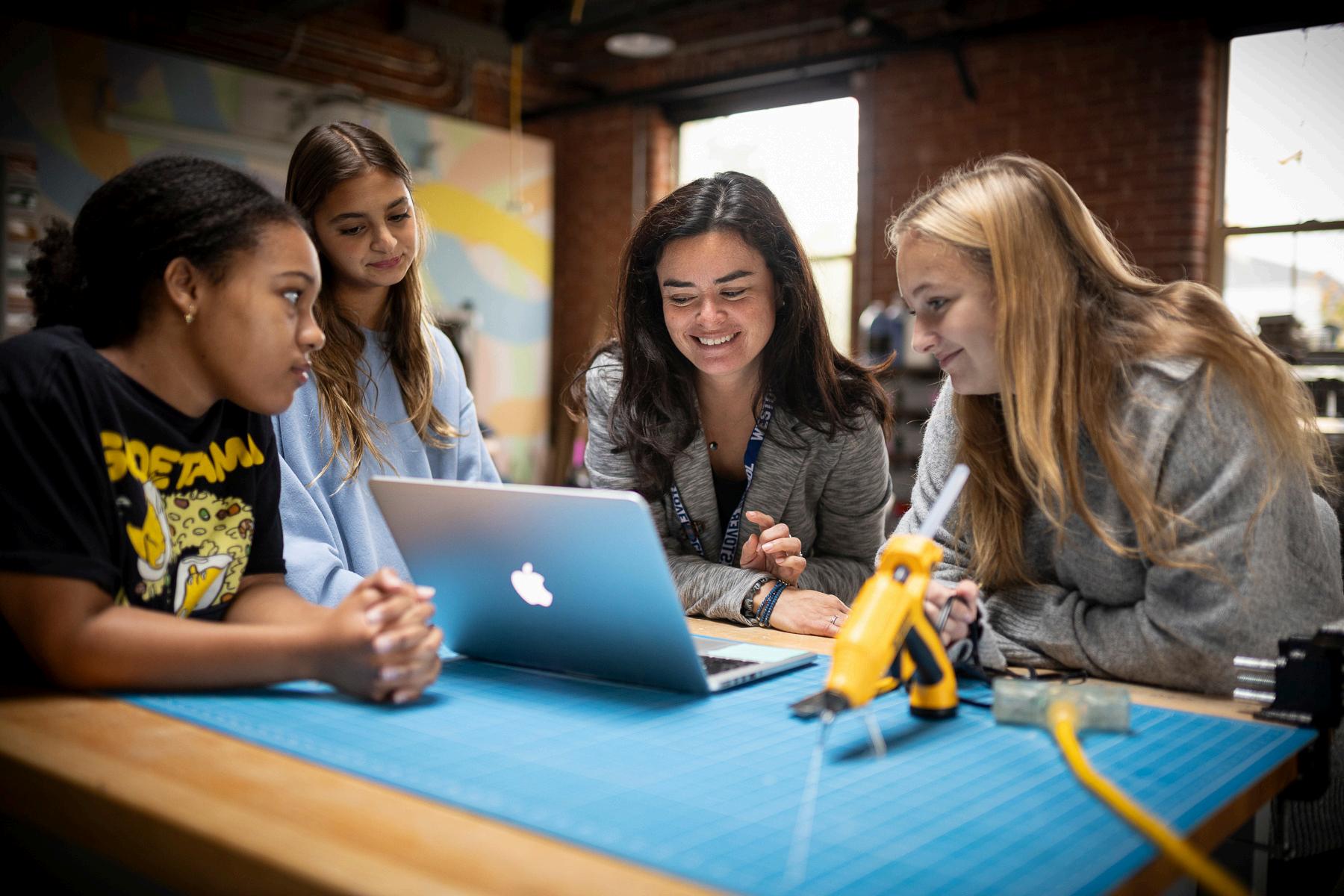
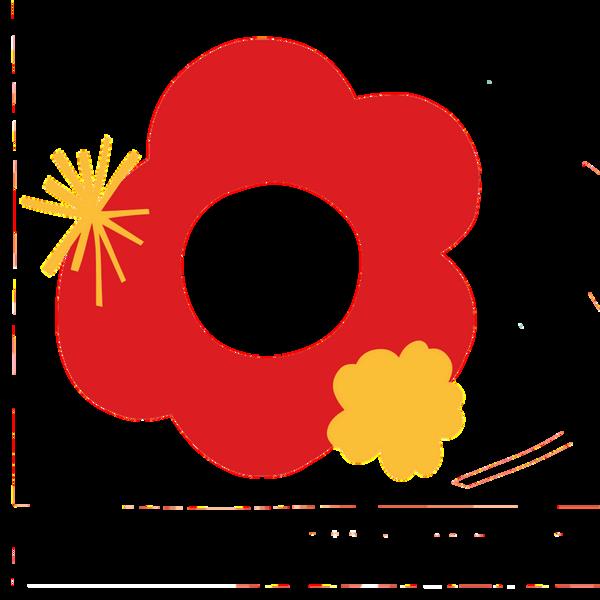
This required WISE/Arts course for incoming 9th graders offers an exciting introduction to the fundamentals of applied sciences, engineering, and design principles through hands-on, project-based learning. Designed to support diverse learners, the course combines teamwork, creativity, and personal expression to build meaningful connections between artistic and practical problem-solving.
Using the Elements of Art and Principles of Design as a foundation, students will explore artistic approaches that can be applied to real-world challenges They’ll engage in independent and collaborative projects that encourage risk-taking, experimentation, and growth through mistakes.
Critique will play a vital role in the course, fostering a supportive and inclusive environment where students can learn to think innovatively, communicate effectively, and develop new perspectives. Whether working individually or as part of a team, learners will discover how to apply creativity to everyday problem-solving, equipping them with skills that will serve them throughout life. Fall Semester | 0.5 Credit
NOTE: Independent Senior Projects in WISE contribute to one distinction credit. Students wishing to conduct their ISP in WISE require department head approval of their junior year.
The cardboard boat race is back! This semester-long course explores the fascinating world of fluids, from water and air to gases and biological flows. Students will investigate key principles such as buoyancy, pressure, fluid motion, and aerodynamics through engaging hands-on experiments and real-world applications. Major projects designed to develop problem-solving and engineering skills, and strengthen scientific communication, include designing and racing cardboard boats, building water rockets, and testing aerodynamic structures. By the end of the course, students will develop a deeper understanding of fluid behavior and its role in engineering, nature, and everyday life. Fall Semester | 0.5 Credit | Enrollment in the WISE program required
Explore the interwoven nature of engineering. Learn about our brains and our bodies, and in what ways humans are connected to artificial intelligence. Using The Girls' Guide to Growth Mindset, we will develop a systems-thinking approach to understanding intelligence. Through hands-on projects, including tiny machine learning, we will examine how our brains and artificial intelligence process information, discovering the ways both humans and computers adapt and evolve. Metaphysical Artificial Intelligence highlights the deep connections between neuroscience and AI, revealing how principles of learning, memory, and problem-solving apply across both domains. Fall Semester | 0.5 Computer Science WISE Distinction Credit | Prerequisite: Creative Problem Solving
Prerequisites: CPS, being in the WISE program and approval from the Department Head This course introduces students to the fundamentals of computer science through handson programming, app development, and an introduction to Java. Using engaging resources like Code.org, students explore core concepts such as problem-solving, algorithms, and software engineering principles Spring Semester | 0.5 Computer Science WISE Distinction Credit
This course introduces computer science concepts including basic program form, development of algorithms, data types, control structures, and object-oriented design using the Java programming language. Students in this course are required to take the Advanced Placement exam; the cost of the exam is approximately $100. Full Year | 1 Credit | CPS and Drawing, Design in Engineering and approval from Department Head
This course provides an introduction to the biomedical sciences through hands-on projects and problems. Students will investigate the human body systems and its various conditions through the lens of engineering. Engineering principles including the design process, feedback loops, and the relationship of structure to a wide array of human activity. Through experiential learning, this course is designed to create a connection for students to develop skills in the practice of inventing and innovating medical devices and physiological concepts. Spring Semester | 0.5 Credit
Sources of energy and how energy is consumed are relevant at a very personal level -- can I turn on the lights at night? stay warm in the winter? -- and it shapes international relationships. We will be examining the basics of energy, energy conservation, and efficiency to understand the general scientific issues and how we currently use energy. Then we will further investigate some renewable energy options such as solar, wind, water, geothermal, and biofuels. This will involve building and testing some of these energy sources, such as a solar-powered battery charger or a wind turbine. Throughout the course as a companion to this scientific focus, we will be reading about and discussing some of the technical and environmental justice issues that arise in the quest to shift to renewable energy. The course will culminate in a student-designed research project and experiment. Spring Semester | 0.5 Credit | Enrollment in the WISE program required
This course introduces students to the principles and practices of engineering design through hands-on, project-based learning. Students will explore the iterative engineering design process, from identifying needs to testing and improving prototypes. By engaging with real-world challenges such as reducing CO2 emissions, addressing microplastic pollution, and designing sustainable technologies, students will develop critical thinking, creativity, and problem-solving skills. The course also emphasizes sustainability and innovation, preparing students to tackle global challenges with practical and ethical solutions Spring Semester | 0.5 Credit
Discover how biotechnology is transforming our world and shaping the future of medicine, industry, engineering, agriculture, and environmental science In this exciting course, you’ll delve into the exciting world of genetic engineering, cutting-edge drug production, and learn about innovative cures for diseases. Through hands-on lab work, you’ll master essential techniques such as DNA analysis, cloning, protein testing, bacterial transformation, and plant engineering. Learn how to work with microscopes, practice sterile techniques, and explore immunology and histology all while applying real-world skills to solve complex challenges. From transforming plants to curing diseases, this course equips you with the knowledge and skills to succeed in one of the most impactful fields of the 21st century. Spring Semester | 0.5 Credit | At least one year of Biology AND Chemistry.
The following courses will not be offered during the 2025-26 academic year but are part of our rotating curriculum and will be available in future years. These courses run on an alternating schedule to provide a diverse range of learning opportunities while maintaining a balanced course selection each year. While they are listed below, full course descriptions of the courses below are not included in this guide. Please consult with the academic office or department heads for more information on future availability.
Architectural Engineering
Botany
Biomedical Engineering
Geology
Hydrology
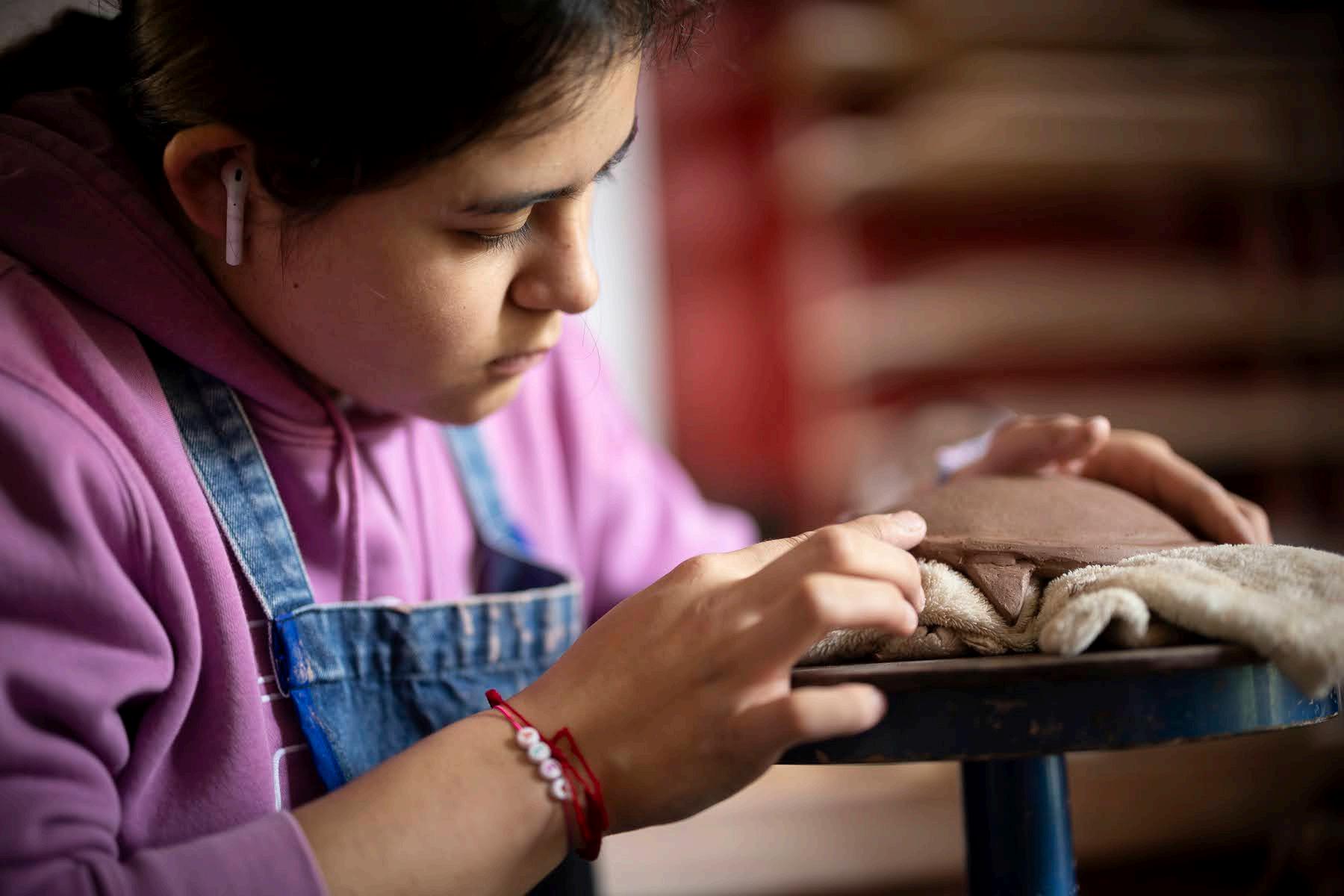
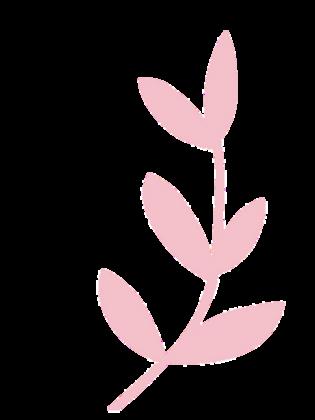
The Sonja Osborn Museum Studies Internship offers Westover juniors and seniors the opportunity to deepen their passion for art history through hands-on museum experience. This internship provides an immersive work-study program at Hill-Stead Museum and Westover’s Archives, allowing students to work directly alongside curators and archivists to gain valuable professional experience in museum curation, research, and historical study. Complementing the work-study program, students engage in deep art historical scholarship through a project and a paper to bring their study of Hill-Stead’s collection and shared history to Westover’s community in an annual symposium. A student may apply for this internship as a rising junior or senior, and must have room in their schedule for their independent study in addition to the required AP Art History course. In order to allow time for students to engage in programming and curatorial work at Hill-Stead Museum, students will participate in an afternoon activity that best accommodates their internship experience on Wednesdays. The intern receives a stipend for their work-study program at Hill-Stead, and academic credit for their independent study. Spring Semester | 0.5 Credit | The student intern is required to take or plan on taking AP Art History; Application process required
Imagine a Mona Lisa made from peanut butter and jelly, or women artists seated at Leonardo’s “Last Supper”. What happens when a headless mannequin steps into the flirtatious world of Fragonard’s swinging lady? Since the 1960s, the art world has expanded to embrace diverse voices and practices, disrupting long-standing hierarchies in materials, tools, style, and training. Marginalized artists, historically excluded from the Western canon, are now rewriting the art historical narrative by reinterpreting iconic works with contemporary themes, materials, and perspectives. In this course, we’ll examine these powerful revisions of canonical art, engaging with re-imagined masterpieces through pairings like David and Wiley, Manet and Thomas, Leonardo and Edelson/Chicago, and Fragonard and Shonibare. Through readings, discussions, critical analysis, field trips, and hands-on projects, we’ll explore how these artists challenge, subvert, and transform historical boundaries. Fall Semester | 0.5 Credit
As the planet’s largest continent, Asian art and culture has had global influence for centuries. By delving deeper into our analysis of the Asian continent, students will gain an appreciation and understanding for the varied and beautiful art forms of the continent. This course will look at art thematically, exploring ideas around religion, power, and culture for all over the Asian continent. With the help of critical analysis, discussion, a field trip, and readings, we will discover how Asian art and culture has impacted our global community. Fall Semester | 0.5 Credit
Global Contemporary Art explores global artistic practices of the 20th and 21st centuries through the themes of identity, the body, time, place, and language Through a critical lens, we will investigate how artists from across the globe address pressing cultural, political, and social issues, challenging traditional boundaries of art-making and redefining the ways in which we understand ourselves and the world around us. Through discussions, analytical papers, field trips and projects, we’ll engage with a wide range of media from painting and sculpture to video, performance, and digital art to gain an understanding of how contemporary artists from different cultural contexts employ a variety of strategies to respond to a rapidly changing world. We will also analyze how globalization has influenced artistic practices, fostering cross-cultural dialogue and new hybrid forms of artistic expression. Spring Semester | 0.5 Credit
How does film impact our perception of people and places? How does film challenge and teach us about the planet we live on? Introduction to Film Analysis is a global art history course focusing on the impact that film has made in the last 150 years. This course will dive into script analysis, shot descriptions, and more as we examine films from around the globe This course will cover a wide range of film styles including documentary, fiction, and animation, while also exploring the relationship between the image and music.Through script reading, discussion, analysis, a field trip, and hands on work, we will explore how the medium of film has shaped our perception of art and culture. Spring Semester | 0.5 Credit
The following courses will not be offered during the 2025-26 academic year but are part of our rotating curriculum and will be available in future years. While they are listed below, full course descriptions of the courses below are not included in this guide. Please consult with the academic office or department heads for more information on future availability.
Global Indigenous Art
Chicano Art
Women in the Arts
Culture of Display
Art & Activism
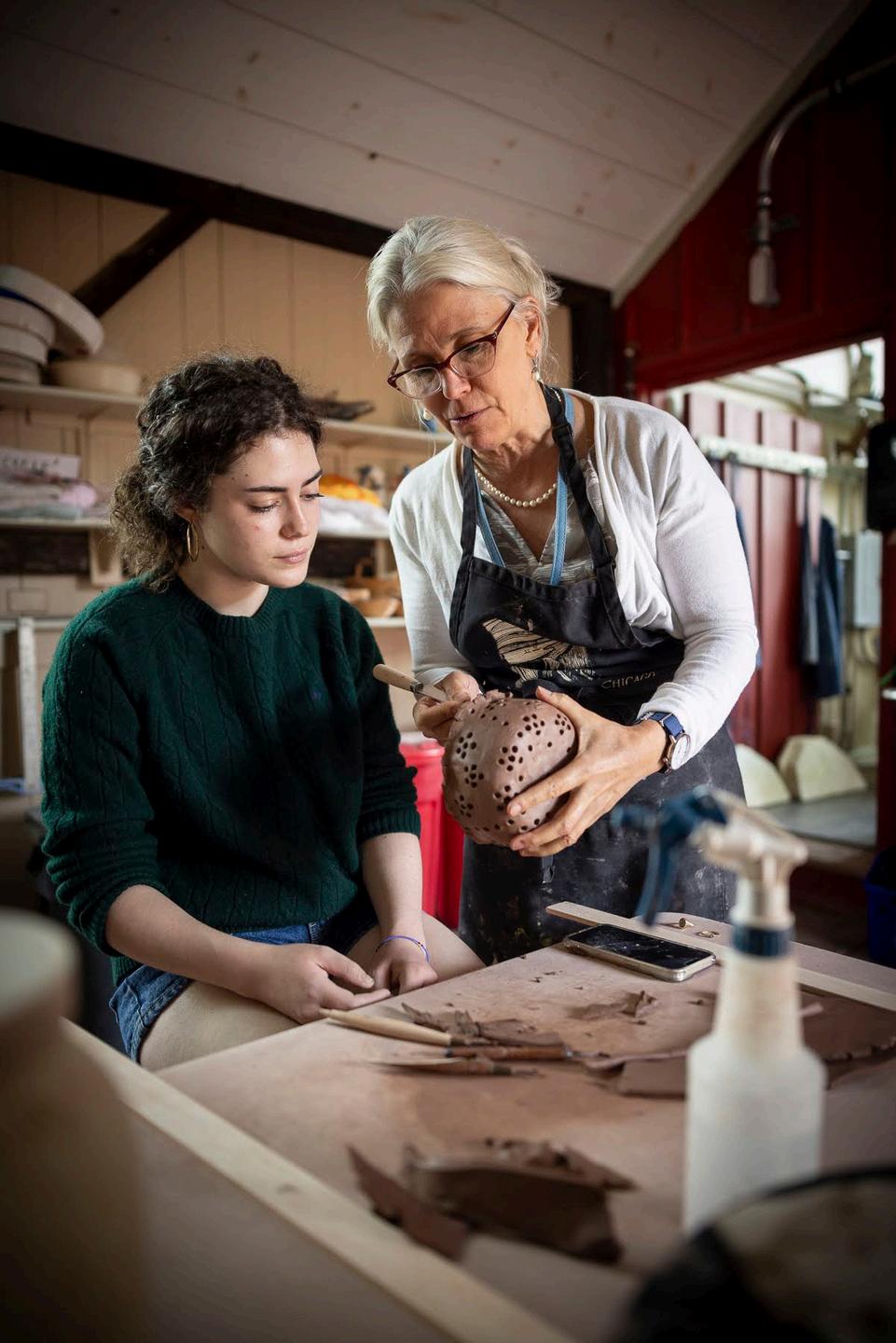

This course invites students to explore the art of shaping clay on the potter’s wheel through hands-on lessons and creative projects. Beginners will focus on mastering basic throwing techniques to create functional forms, while advanced students work at their own pace with tailored instruction.
Students will learn essential skills such as centering, shaping, trimming, pulling handles, and glazing. Dedication to practice (including time spent outside of class) and developing a personal creative vision will be key to success.
Each student’s journey will culminate in a collection of unique pieces, shaped by their choices from concept to surface decoration, glazing, and firing. Whether starting from scratch or refining existing skills, this course encourages exploration, growth, and a deeper connection to the craft of pottery. Fall Semester | 0.5 Credit
Working with clay is a uniquely satisfying experience there’s something irresistible about shaping a lump of wet clay into a creation of your own! This handbuilding course introduces foundational ceramics techniques, focusing on slab building as the primary method. Students will develop skills in kneading, wedging, recycling, firing, pinching, slab making, coiling, and glazing. They will create functional and aesthetic forms, such as mugs and boxes, while fostering craftsmanship and creative problem-solving in a supportive classroom community. Critique encourages innovative thinking and effective communication. Differentiated instruction ensures all students progress at their own pace beginners build confidence with foundational skills, while returning students pursue advanced self-directed projects. Throughout the term, students will refine designs in sketchbooks, explore glazing and slip techniques, and engage in collaborative critiques. This course celebrates creativity, perseverance, and growth, leaving students with both finished works and a deep appreciation for clay. Spring Semester | 0.5 Credit | Students enrolling in the advanced designation should have previously taken a Westover Ceramics Slab course.
The following courses will not be offered during the 2025-26 academic year but are part of our rotating curriculum and will be available in future years. These courses run on an alternating schedule to provide a diverse range of learning opportunities while maintaining a balanced course selection each year. While they are listed below, full course descriptions of the courses below are not included in this guide. Please consult with the academic office or department heads for more information on future availability.
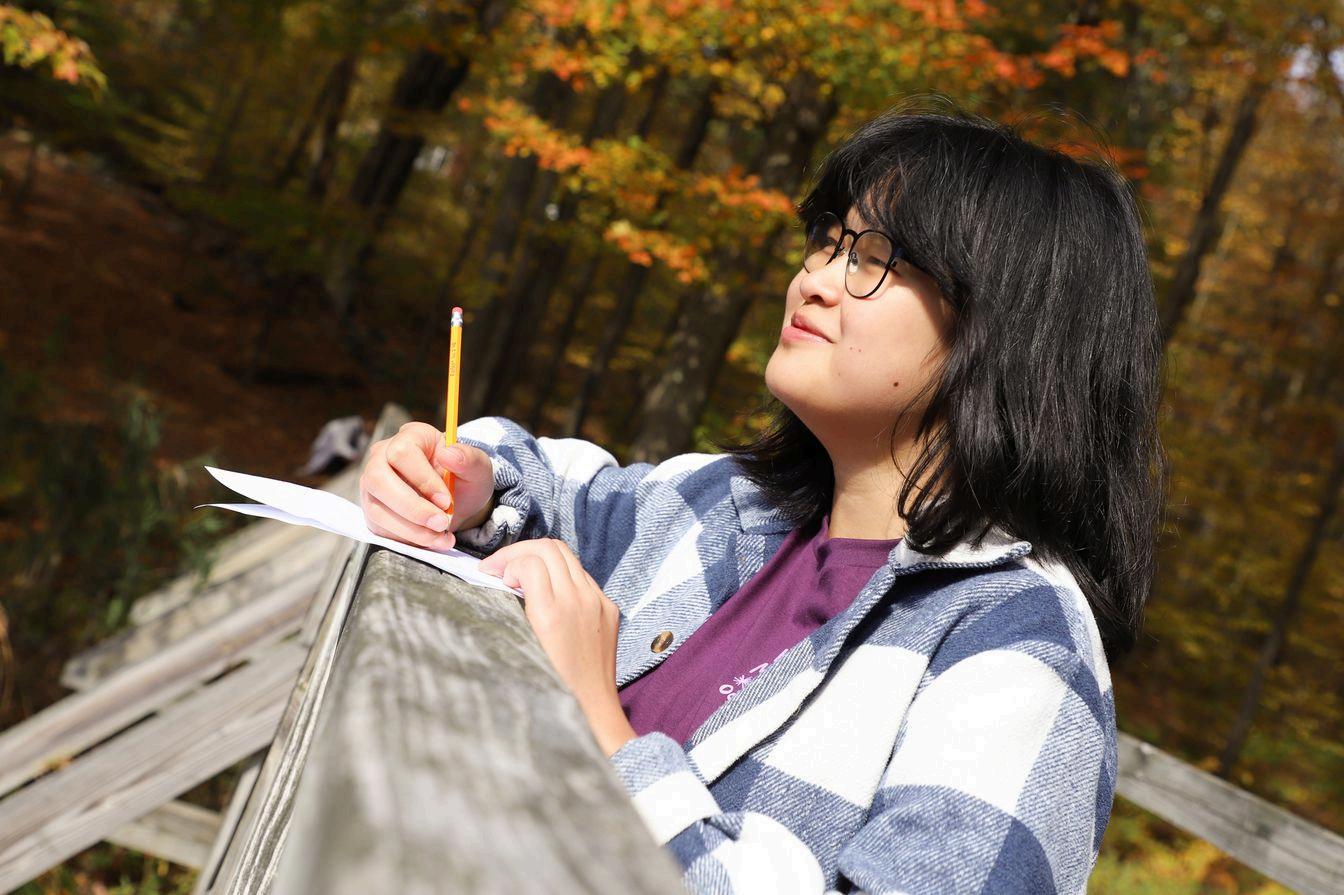
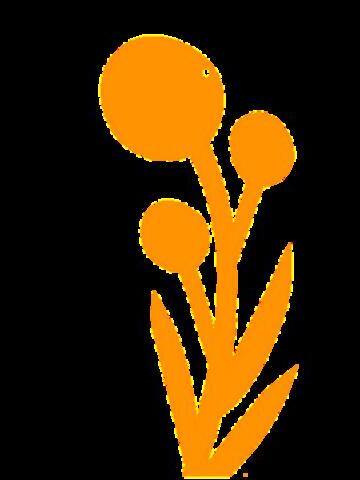
This is an intensive year-long course in dry media drawing for students who have completed a Westover drawing course as well as Painting. While this is an Advanced Placement course in Drawing, any student wishing to work in paint must first apply, at the start of the fall semester, for departmental approval. Students will work independently in their sketchbooks and on drawing projects surrounding a centralized self-chosen theme. As students advance and evolve their ideas and skills they will absorb guidance from the instructor, as well as their peers, through one-on-one conversations and group critique. Developing a written artistic statement will assist students in honing their ideas, finding their artistic voice, and clearly communicating to others their artistic intentions. Mastery of skills, a willingness to take risks and grow from mistakes, pride in craftsmanship, time spent outside of class working in the studio, as well as a willingness to build community within the classroom are components needed for success. The culmination of at least fifteen completed works that reflect a sustained investigation, along with an artist’s statement that is compatible with the body of finished works, will be submitted to the College Board. Students will also be encouraged to exhibit their work at the semester’s end. This course is offered alongside the Advanced Portfolio program. Toward the end of October, students will have the choice to continue the AP course or pursue Advanced Portfolio work. AP fees apply. Full Year | 1 Credit | Prerequisites: A Westover drawing course and a Westover painting course.
The Advanced Portfolio Development in Drawing runs concurrently with the AP Drawing class, meeting in the same block. This program is designed for students who wish to create advanced portfolio work outside the AP curriculum. While the course provides an independent focus, students work alongside AP Drawing students and participate fully in the classroom community through critiques, discussions, and shared feedback.
Offered as either a fall elective or a year-long course, students will set individualized goals, reflect on their artistic progress, and develop their skills through sustained investigation and creative inquiry. By the end of the course, students in the Advanced Portfolio Program will have a digital portfolio of their work and a written artist statement articulating their body of work. Additionally, students will exhibit a selection of their artwork in a public school setting as part of the program's culminating experience. Semester Long | 0.5 Credits | Prerequisites: A Westover drawing course and a Westover painting course.
Learning to draw is a foundational skill in visual art, requiring only simple materials yet offering endless possibilities for expression. This course welcomes all learners beginners will build confidence through fundamental skills, while experienced students refine techniques through advanced challenges. Focusing on representational drawing, students will use black-and-white media to observe and depict the world around them. They will explore techniques such as blind contour, contour line, still life, and self-portraiture, strengthening their ability to see and render forms accurately. Projects emphasize essential drawing elements line, shape, light, shadow, texture, shading, proportion, perspective, and composition while encouraging both realism and expressive interpretation Through hands-on practice and supportive critique, students will refine their skills, develop their artistic voice, and gain technical proficiency in drawing. Fall Semester | 0.5 Credit
In this course, students will explore relief and intaglio printing using our Conrad etching press. Techniques include carving linoleum blocks, etching metal plates, and layering colors to create dynamic compositions. Students will also participate in a brief collaboration with Tom Juvan and the Westover Letterpress on a special project. Designed for all skill levels, this course provides foundational instruction for beginners and advanced projects for experienced students, including those from the Westover Letterpress Collective. By the end of the semester, students will build a diverse print portfolio, ready to share with the school community. Spring Semester | 0.5 Credit
This course invites all students to explore how art can inspire social change and personal reflection. The semester begins with mastering colored pencil techniques, including blending, tonal work, and color theory. Students will then participate in the Memory Project, creating portraits for refugee children or those from war-torn areas, fostering empathy and global connections.In the second half, students will create self-portraits using found objects, inspired by Brazilian artist Vik Muniz. They will source materials from Westover’s woods, the dump pile, and possibly Waterbury Goodwill, encouraging creativity within a limited budget. By the end, students will have developed technical and imaginative skills and a deeper understanding of how art can transform perspectives and drive positive change Spring Semester | 0.5 Credit
This course offers a hands-on exploration of painting with oil and acrylics, inviting students to experiment with materials, techniques, and creative ideas while developing their unique artistic voice. Through guided exercises and discovery-based projects in color theory, color mixing, and tonal painting with a limited palette, students will build essential skills and uncover new ways to express themselves visually. The course is designed for all skill levels. Beginners will focus on mastering the fundamentals of color mixing, while more advanced students will have the opportunity to explore personalized palettes, experiment with techniques, and develop sophisticated color groupings. All students will be supported and challenged through projects and critiques that promote both technical growth and creative exploration Spring Semester | 0.5 Credit
The following courses will not be offered during the 2025-26 academic year but are part of our rotating curriculum and will be available in future years. These courses run on an alternating schedule to provide a diverse range of learning opportunities while maintaining a balanced course selection each year. While they are listed below, full course descriptions of the courses below are not included in this guide. Please consult with the academic office or department heads for more information on future availability
VISUAL ARTS
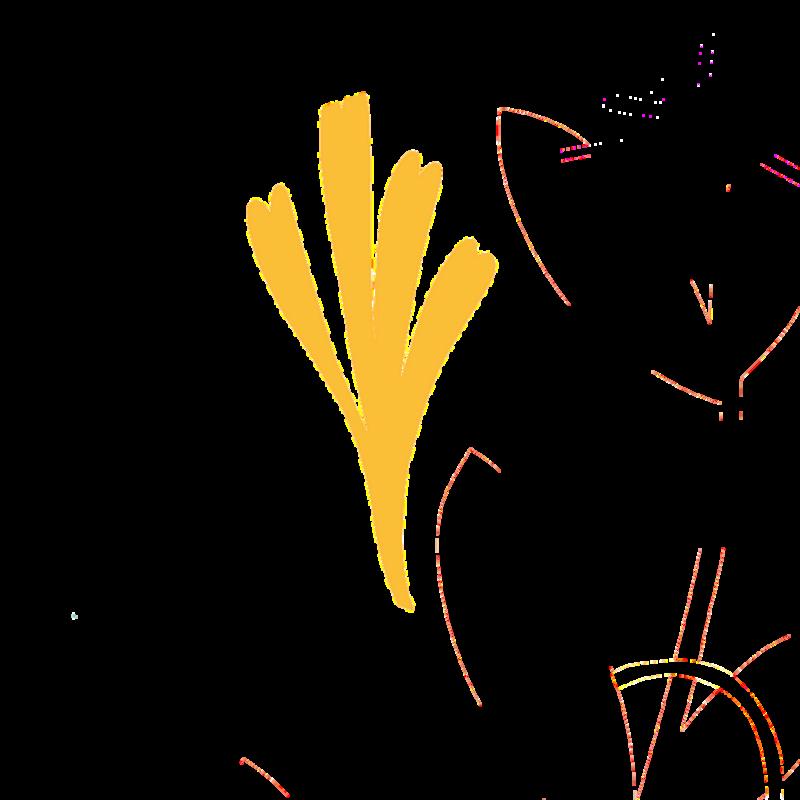
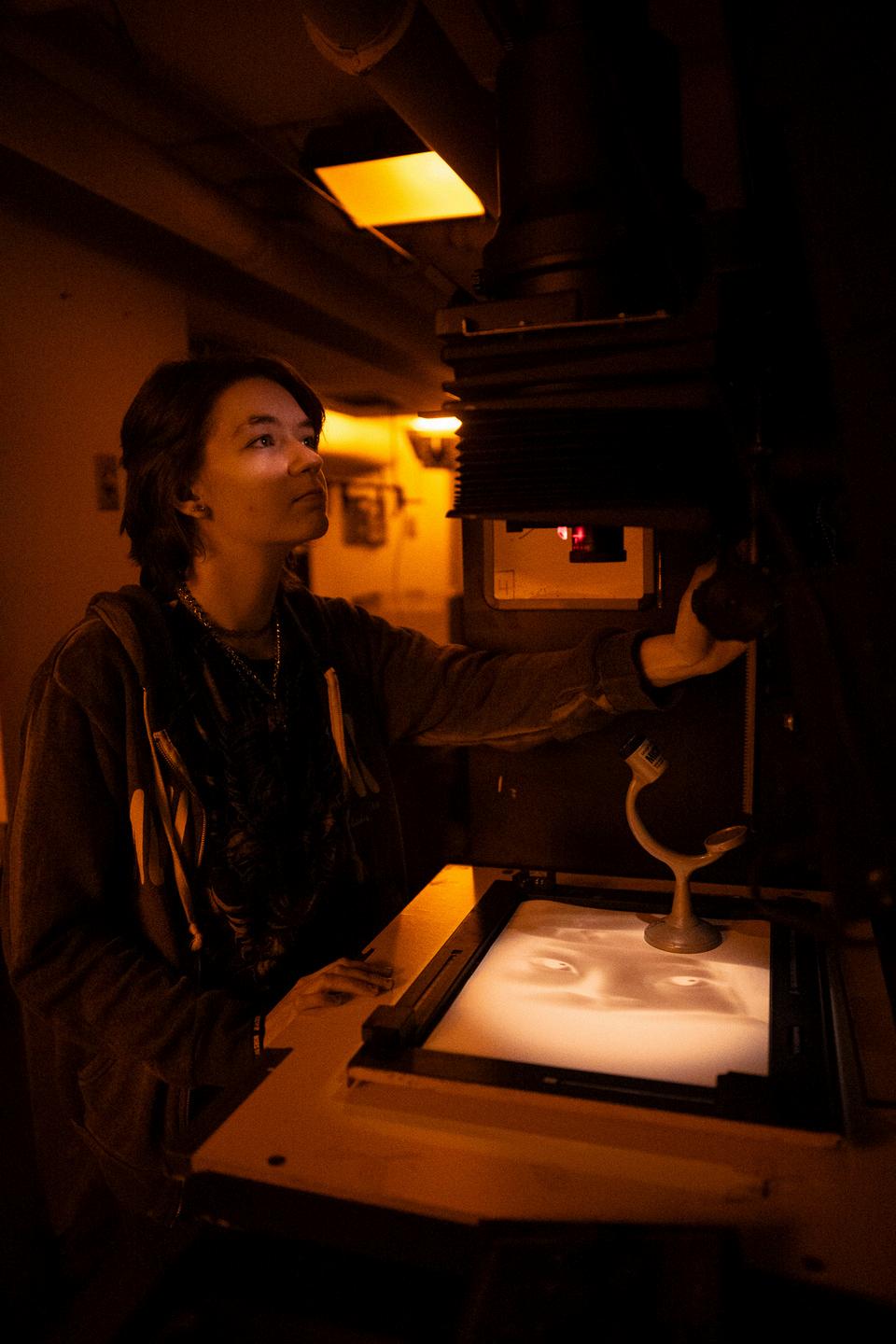
This course guides students in preparing college level art portfolios and identifying strengths and weaknesses in their work, developing advanced editing skills, and submitting their portfolio to the College Board. Students will be expected to think deeply about their work and photography by participating in group critiques and assigned readings. By working on a self chosen concentrated theme all year, students will see their work evolve in unexpected and surprising ways. Experimentation with new media will also be encouraged. All studio equipment provided. Full Year | 1 Credit
Students who have already taken “Darkroom Photography: Black and White” and who would like more opportunity to further build their skills and create at a higher level are welcome to reenroll in this course at an advanced, secondary level. These advanced art students, while creating alongside and supporting the introductory-level students, will work with the instructor to determine expectations in how they would like to advance their artwork and build a strong portfolio. As a result, advanced students may participate with beginner students, as in critiques, class discussions, or instruction, while at other times may be more independent in their coursework or meet as a small group. Fall Semester | 0.5
Credit | Prerequisites: Darkroom Photography: Black and White
Students who have already taken “Digital Photography” and who would like more opportunity to further build their skills and create at a higher level are welcome to reenroll in this course at an advanced, secondary level. These advanced art students, while creating alongside and supporting the introductory-level students, will work with the instructor to determine expectations in how they would like to advance their artwork and build a strong portfolio. As a result, advanced students may participate with beginner students, as in critiques, class discussions, or instruction, while at other times may be more independent in their coursework or meet as a small group. Fall Semester | 0.5 Credit | Prerequisites: Digital Photography
This introductory level course covers the basics of black and white film photography and darkroom printing. This hands-on class will teach students to shoot and develop their own film using a combination of vintage cameras and chemistry to make stunning and thought provoking black and white photographic prints. Students will be provided with cameras and film and will respond to open-ended and conceptual assignments that will build their critical thinking and creative problem solving skills. Fall Semester | 0.5 Credit
Art has always had the power to raise awareness and influence social change. In this class, students will have the opportunity to research a global, social, or political issue that they feel passionately about and create artwork in response to it. Students will learn how to become effective image-makers with the use of DSLRs and editing software like Adobe Photoshop and Lightroom. Studio lighting, digital scanning, color management, and large format printing will be among the topics covered. The class will look at the work of influential and diverse artists and be challenged to create a high quality portfolio of images with a global message. Fall Semester | 0.5 Credit
Did you know that you can use coffee to develop film? You can also make photographic prints by using the extract from certain plants You can even make a camera out of an empty cardboard box. Students enrolled in this course will experiment with alternative and historical chemical processes, plastic toy cameras, and risk taking to produce one of a kind images with a focus on sustainable practices and outside the box thinking. Students will produce a portfolio of unique images using a variety of techniques.
Spring Semester | 0.5 Credit
Many contemporary artists use a wide range of media to communicate their ideas It is not uncommon for one artist to include video, sound, photography, and even animation in one exhibition. This course will teach students how to shoot and edit short video projects using professional equipment and software. Some projects will include found footage collages, experimental soundscapes, stop motion animation and digital puppetry.
Spring Semester | 0.5 Credit
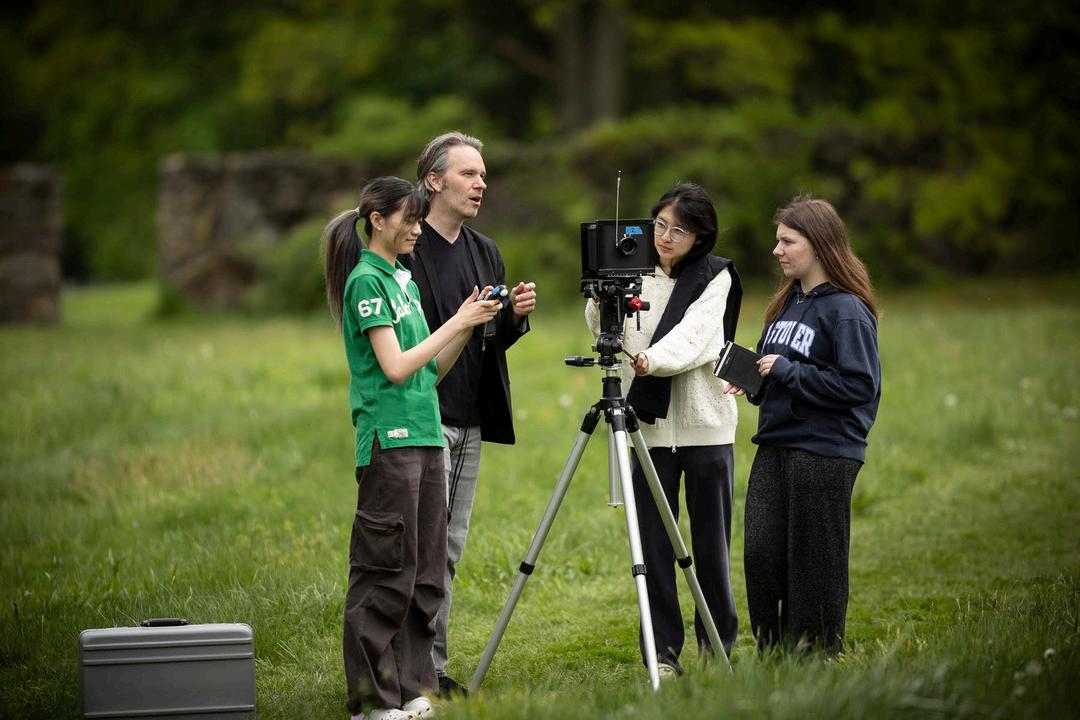
descriptions of the courses below are not included in this guide. Please consult with the academic office or department heads for more information on future availability
Color Darkroo
Documentary
Large Format
Pixels with Pu
Video & Anim
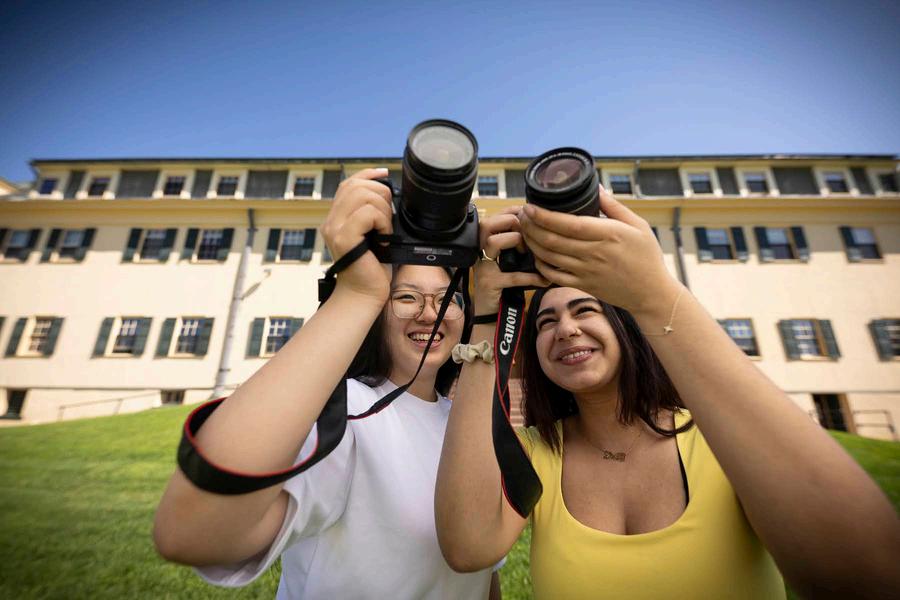

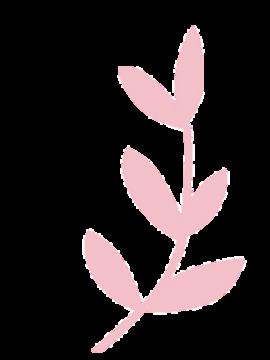
Music Theory is an opportunity for all Westover students to learn to read and write music. This course is highly recommended as a fall arts elective for students enrolled in Westover music ensembles or private lessons. We will learn to read written music notation, such as note names, note values, key signatures, accidentals, and chords. We will also develop aural skills, or the ability to sing music that we are seeing for the first time and to write out the music that we are hearing. Coursework will consist of homework to facilitate understanding, as well as weekly assessments on written notation and aural skills. This course does not fulfill the Performing Arts experience. Fall Semester | 0.5 Credit
Glee Club is the oldest music ensemble at Westover and plays an integral part in many school traditions, performing several times a year. Glee Club students who are interested in an additional challenge will have the opportunity to audition for Advanced Glee Club.
Full Year | 0.5 Credit
Westover's Handbell Ensembles allow all students to experience the joy of music, even students who have never played an instrument before Handbell ringers learn to read music notation and develop a variety of ringing techniques. Ringers are part of a team, connecting with other students to create a meaningful shared experience. Handbell ensembles perform multiple times per year during concerts and school traditions. Full Year | 0.5 Credit
Chamber Choir is for the advanced vocal student who wants to learn more challenging choral repertoire and sing with a full SATB choir. Chamber Choir is selected by audition and performs several times each year during school traditions and concerts.
Fulfills Performing Arts Experience
Chamber Choir is for the advanced vocal student. Chamber Music Ensemble is an opportunity for instrumentalists to practice and perform music together. While the core of our Chamber Music Ensemble is string instruments, we incorporate wind instruments when wind players enroll.
Chamber Choir is selected by audition and performs several times each year during school traditions and concerts.
Full Year | 0.5 Credit
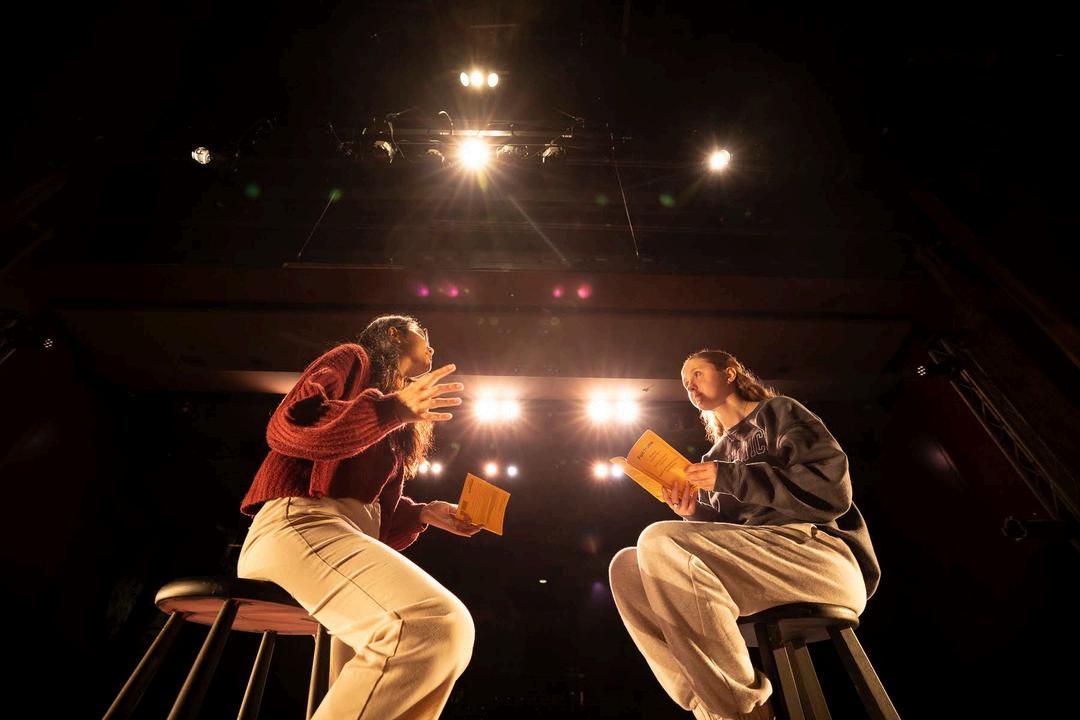
Westover Drama students will present a
play and musical in which they will have
the opportunity to develop their skills
through integrated instruction. Students
are cast in roles that are the most suited
to them based on their audition and
experience.
Taught in conjunction with the
production each season, this course will
offer invaluable hands-on experience in
theatre production where students will
develop their skills through integrated
instruction. Students will learn how to
use Westover’s state-of-the-art lighting
and sound systems and create sets and
props through clearly defined units.
meaningfully in all fundamentals of
costuming research, design,
construction and dressing Students
work collaboratively to create a
costume plot for each production,
taking into consideration time period,
climate, context and character
development and then seek to gather
and create all costume elements needed
for the show. All students are taught to
sew, both on the machine and by hand
as well as measure actors, construct
garments by following sewing patterns
and alter existing garments to fit actors
NOTE: Participation in Theatre Ensemble is a full year commitment earning 0.5 credits. 57
Arts students at Westover discover themselves and their worlds through a variety of experiences that encourage process and risk-taking as a means to express, create, and connect. Two credits in the Arts are required for graduation. All ninth grade and transfer tenth students are required to take Creative Problem Solving. Within the two credit graduation requirements, all students must complete an experience, whether an academic course or related activity, in the following areas: Visual Arts, Performing Arts, and Arts & Culture.
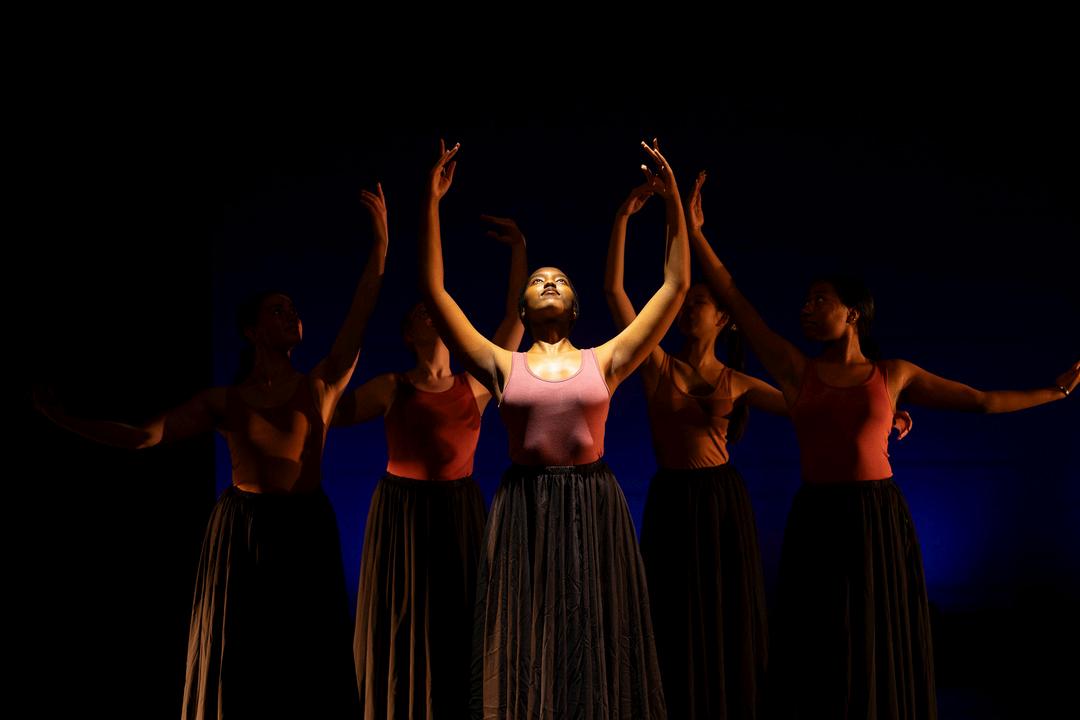
Dance Ensemble members may take technique classes at the beginner, intermediate, and advanced levels. The core curriculum is ballet and modern with additional classes in composition, jazz, contemporary, and hip-hop. Cross training opportunities are also available in aerobics, strength and stretch, and workshops offered throughout the school year. Each student’s dance schedule is determined by a placement/audition class and by a conference with the Director of Dance. In addition, students are required to perform in several dance performances held throughout the year. Dance Ensemble members are encouraged to develop their own choreographic abilities and are invited to showcase their compositions during our annual spring concert. Full Year | 0.5 Credit
See Dance Ensemble description. In order to perform in the spring dance concert, a student must participate during both the winter and spring seasons. Fall, Winter or Spring Term | No Academic Credit, Fulfills Performing Arts Experience; Fulfills Sport Requirement
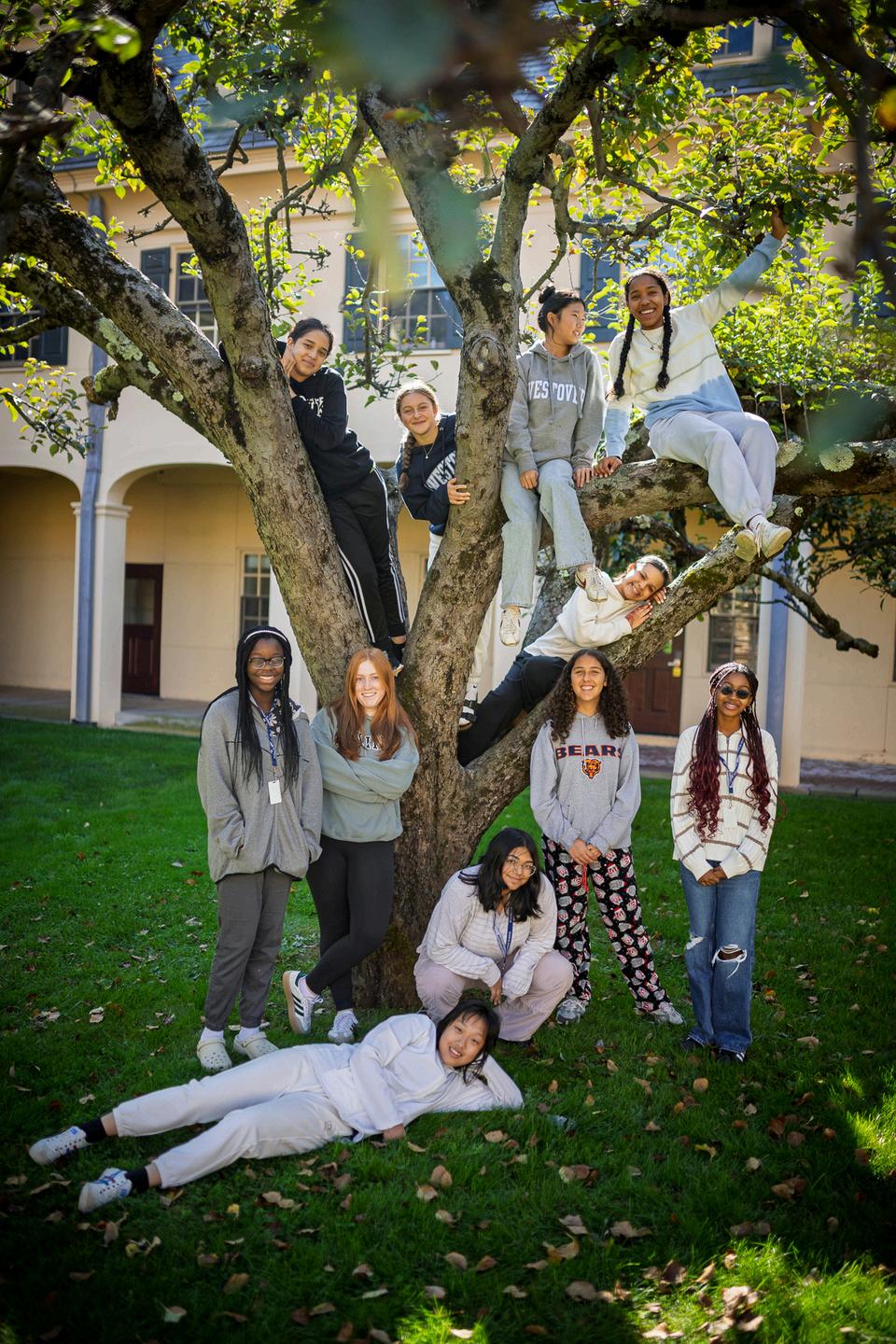

The Rasin Center, founded in 2013 with the support of Joy Peterkin Rasin ’54, ensures that the Westover community engages with the world beyond its walls through a focus on experiential and service learning, DEIJB, environmental sustainability, global programs, and student leadership. Through curriculum and professional development, long-term sustainability initiatives, trips, and service-learning opportunities, the Rasin Center seeks to build connections for and spark action in all those connected to Westover as we strive to cultivate a world centered on global justice

Senior Seminar: Community Action Project is an inquiry-based experiential course for students who are prepared to dive deeply into a relevant local or global issue they are passionate about. Students will conduct research and findings to real-world situations, culminating in the design of a project with a tangible impact. They will work closely with community partners to create and implement their social action plan, and will communicate their findings through a presentation at the end of the course. Spring Semester | 0.5 Credit | This course is available to juniors and seniors.
Prerequisites: Experience and interest in social or environmental justice issues. Readiness to undertake student-driven project.
Westover’s Global Programs provide opportunities for our community to learn more about ourselves and our neighbors--both within our walls and beyond. We are inspired by our motto to think, to do, to be; as part of this “being” we must push ourselves to cross borders and engage with one another. Through this engagement, we support students from all over the world as they join and thrive as part of the Westover community. We are all challenged to reflect on our home cultures and backgrounds as we strengthen and contribute to our pluralistic and global world. For decades, Westover has run successful exchange programs with a number of schools around the globe. These experiences shape participants and our greater community in important ways and demonstrate the value of a true global education.

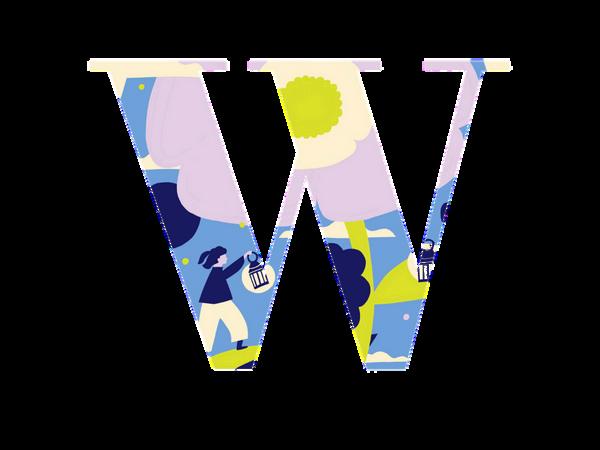
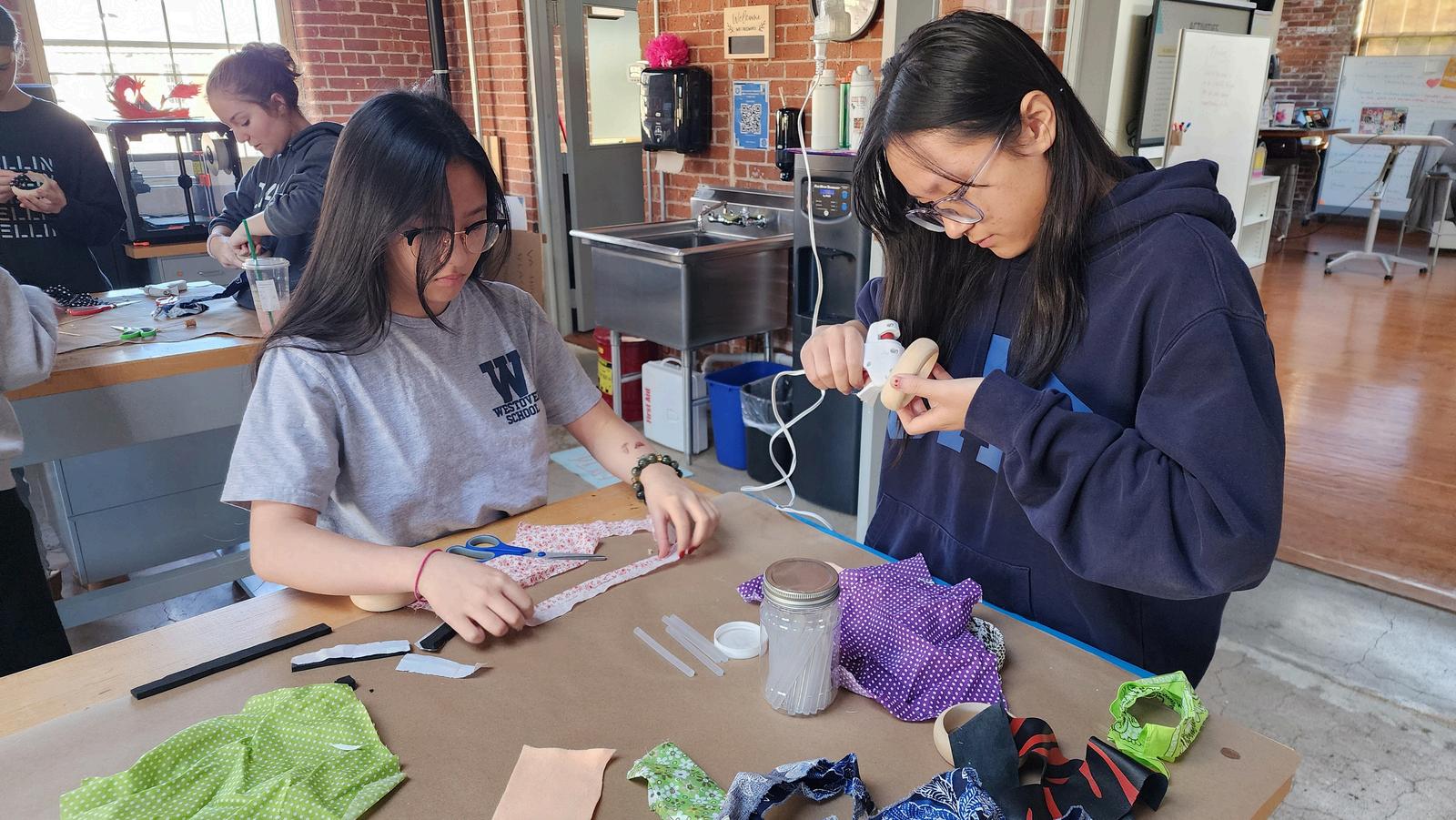
The Westover Institute will meet on Saturday mornings from 9am-12pm, providing four sessions of four-week courses. There will be two sessions in the fall semester and two sessions in the spring semester. Courses will be pass/fail, and students will be required to take one course in the Westover Institute annually and may sign-up for as many as four courses
Each Westover Institute course has a title and a big question that frames the course curriculum. Courses will cover a range of topics and are each tagged by the content areas, including; social justice, law, belonging, feminism, service learning, sustainability, leadership, restorative justice, technology, well-being, creativity, and more. Courses can be taught by a Westover faculty or staff member, students, or outside facilitator.
The core courses for the Westover Institute will stem from signature programs, and there will be additional programming offered based on faculty, staff, and student interests. The signature program courses will include the Rasin Center for Global Justice, the WISE Center, the Invest in Girls program, the Integrity and Justice Council, and the Resiliency Program.
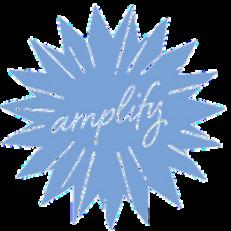
Students will be required to take one course in the Westover Institute annually, and may sign-up for as many as four courses There will be no homework expectations between Institute meetings, but instructors may suggest optional enrichment activities for students who find themselves particularly passionate about the content of the course.

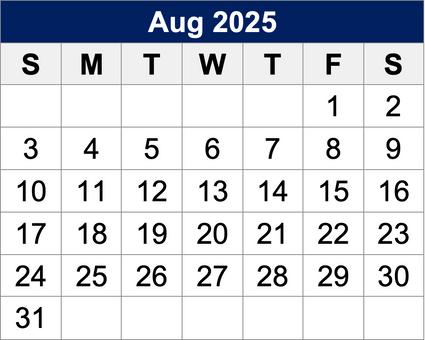
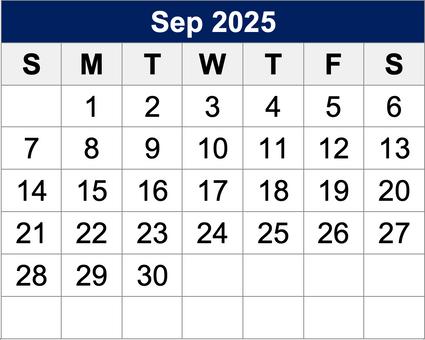
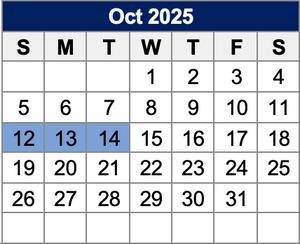
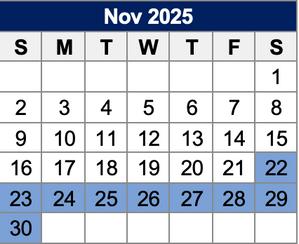
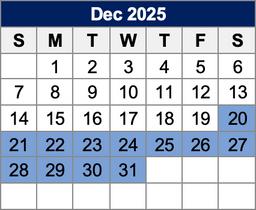
Aug 1
Aug 17-30
Aug 20-22
Aug 21
Aug 25-29
Aug 29
Sep 1
Sep 2
Sep 3
Sep 4
Sep 5
Sep 6-7
NewResidentialFacultyMove-In
BoardingSchoolPreparationCamp
NewFaculty/StaffOrientation
NeighborhoodPicnic
AllSchoolMeetingsforFaculty/Staff&OpeningPicnic
NewInternationalStudentArrival
LaborDay|StudentLeaders/SeniorsArrival
StudentLeaderTraining|SeniorBootCamp& InternationalStudentPlacementDay
NewDomesticStudentArrival|SeniorBootCamp
ReturningStudentArrival
AllStudentandFamilyOrientation
PreparationsforStudentTraditions|ClassBonding
Sep 7 AA Olympics
Sep 8
Sep 13
FirstDayofFirstSemester(AcademicScheduleBegins)
Rallying&Dirge
Sep 14 AA Germans
Oct 6
Oct 10-11
Oct 11-14
Nov 3-8
Nov 12-16
Nov 14&15
Nov 15
Nov 21-30
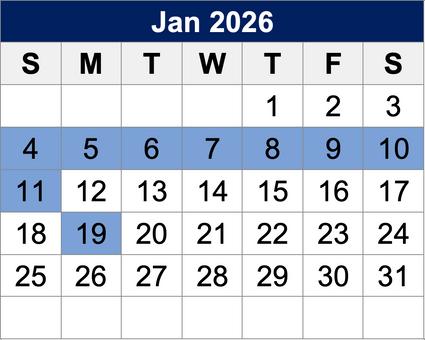
AdmissionsOpenHouse
FallFamilyWeekend
LongWeekend(studentsmaydepartafterthelastprogram onSaturday,studentsreturntocampusTuesdayby5pm)
HVALTournament
NEPSACPlayoffs/WinterTeamsBegin
FallTheatreProduction
AdmissionsOpenHouse
ThanksgivingBreak
(Studentsmaydepartaftertheirlastcommitmenton11/21)
Nov 22 DormsClose(allstudentsmustdepartby12PM)
Nov 29
Dec 1
Dec 2
Dec 12-13
DormsOpen
(allboardingstudentsmustreturnby8PMonNov 30)
ClassesResume
GivingTuesday
Candlelight
Dec 19-Jan 12 WinterBreak(Studentsmaydepartafterlastcommitment)
Dec 20 DormsClose(allstudentsmustdepartby12PM)
Jan 8-9
Jan 10
Jan 12
FacultyInService
DormsOpen (allboardingstudentsmustreturnbyJan 11by8PM)
ClassesResume|FirstDayofSecondSemester
Jan 16 MartinLutherKingDayProgrammingandDiversityDay
Jan 19
Feb 8
Feb 16-17
Feb 18
Feb 23-28
Mar 4-8
Mar 5-6
Mar 6
Mar 7
Mar 21
Mar 23
Mar 27
MLKDayandNationalDayofService (NoClasses|Opt-InCommunity-WideServiceTrips)
DorcasFair
WinterLongWeekend(Studentsmaydepartafterlast commitmentonFridayorSaturday)
Allboardersmustreturnby8pmonTuesdayFebruary17th
ClassesResume
HVALTournament
NEPSACPlayoffs/SpringVarsityTeamsstart
GermansRehearsal/Performance(NoClasses) &FacultyIn-Service
SpringBreakBegins(Studentsmustdepartafterlast commitment)
DormsClose(allstudentsmustdepartby12PM)
DormsOpenat2pm(allboardingstudentsmustreturnby Sunday March22by8PM)
ClassesResume
AcceptedStudentsDay
Apr 6 St TheodatesDay
Apr 10 NewStudentTeaandSeniorDinner
Apr 15
Apr 16
Apr 17-18
Apr 20
Apr 24-25
Apr 28
May1
WestoverDay
RingCeremony
SpringPlay
StudentLeadershipElectionSpeeches (duringafternoonactivities)
DanceConcert
StudentLeadershipElectionResults(evening)
MusicConcert
May4-15(TBD) AdvancedPlacementExams
May8 Prom
May10
May11-17
May18
Picnics:Ancients/Old/New/HOS
HVALTournament/NEPSACTennisTournament
SeniorSkipDay,TreeCeremony
May21(TBD) SeniorTea
May22 Lantern
May25
MemorialDay(OfficesClosed)
May26-28 Assessments
May28 WestoverSymposium
May29 OrchardCeremony
May31
Jun 2-3
Jun 3
Jun 5-7
DormsClose(allstudentsmustdepartby12PM)
FacultyandStaffIn-Service
FacultyandStaffClosingPicnic
WestoverReunionWeekend
